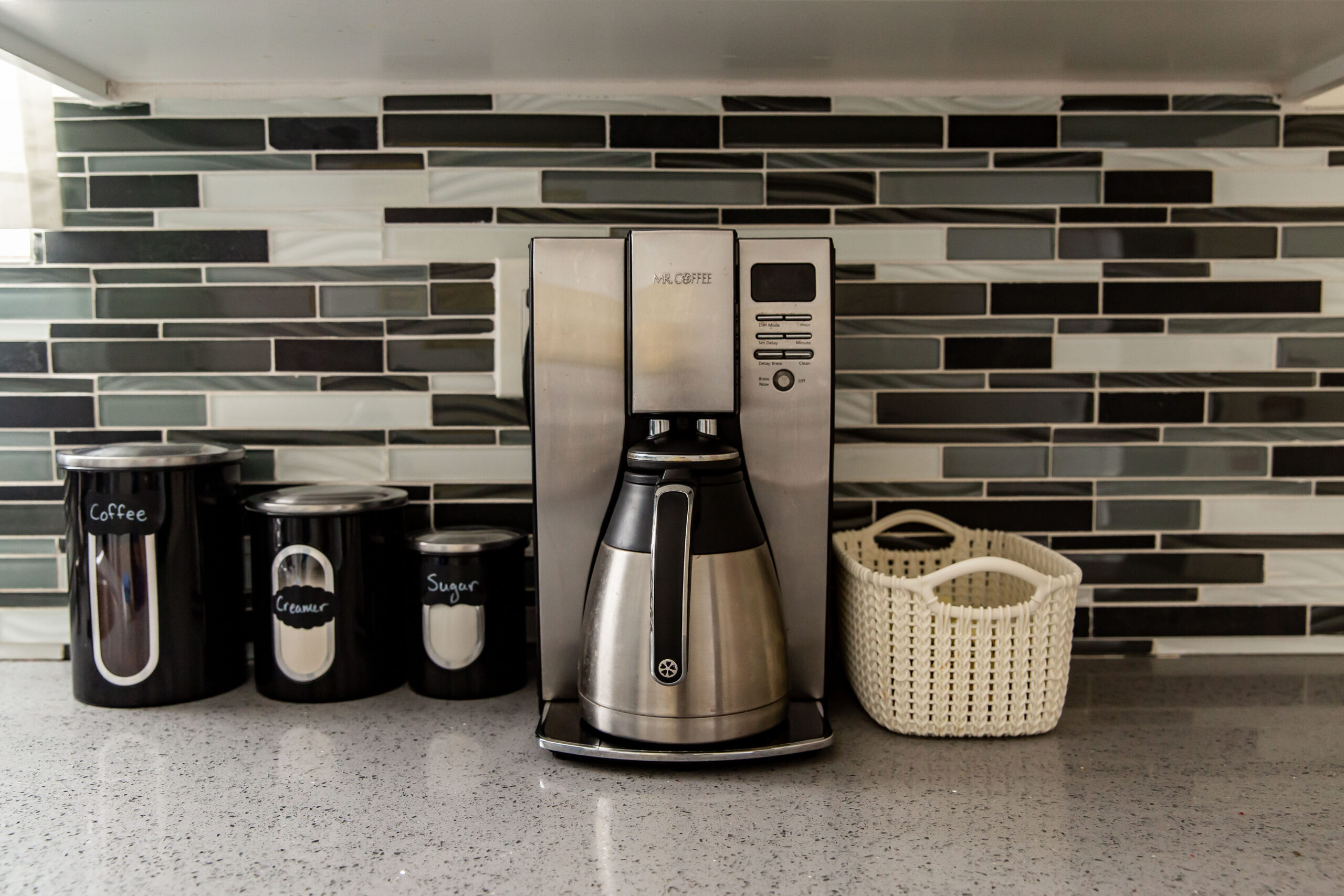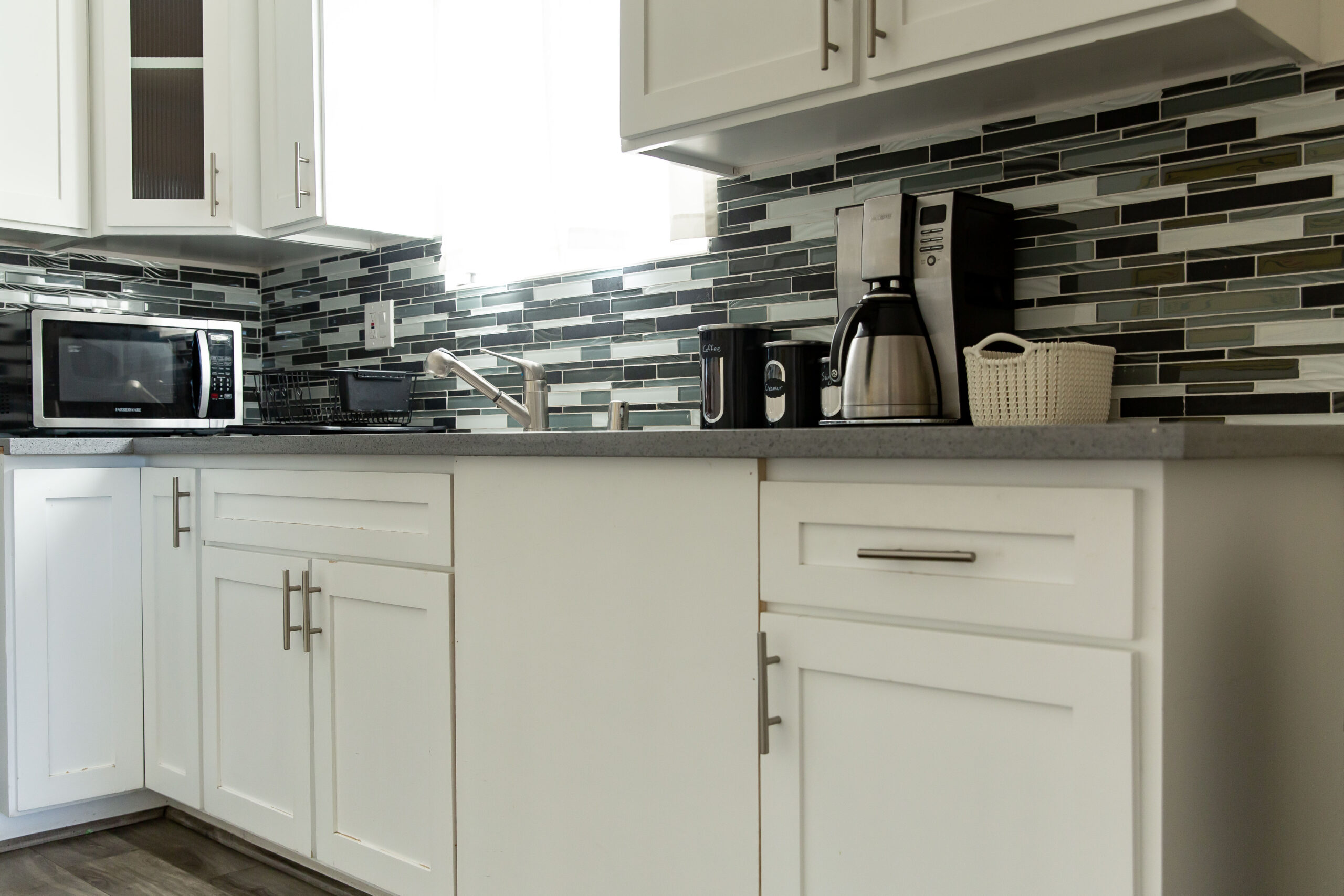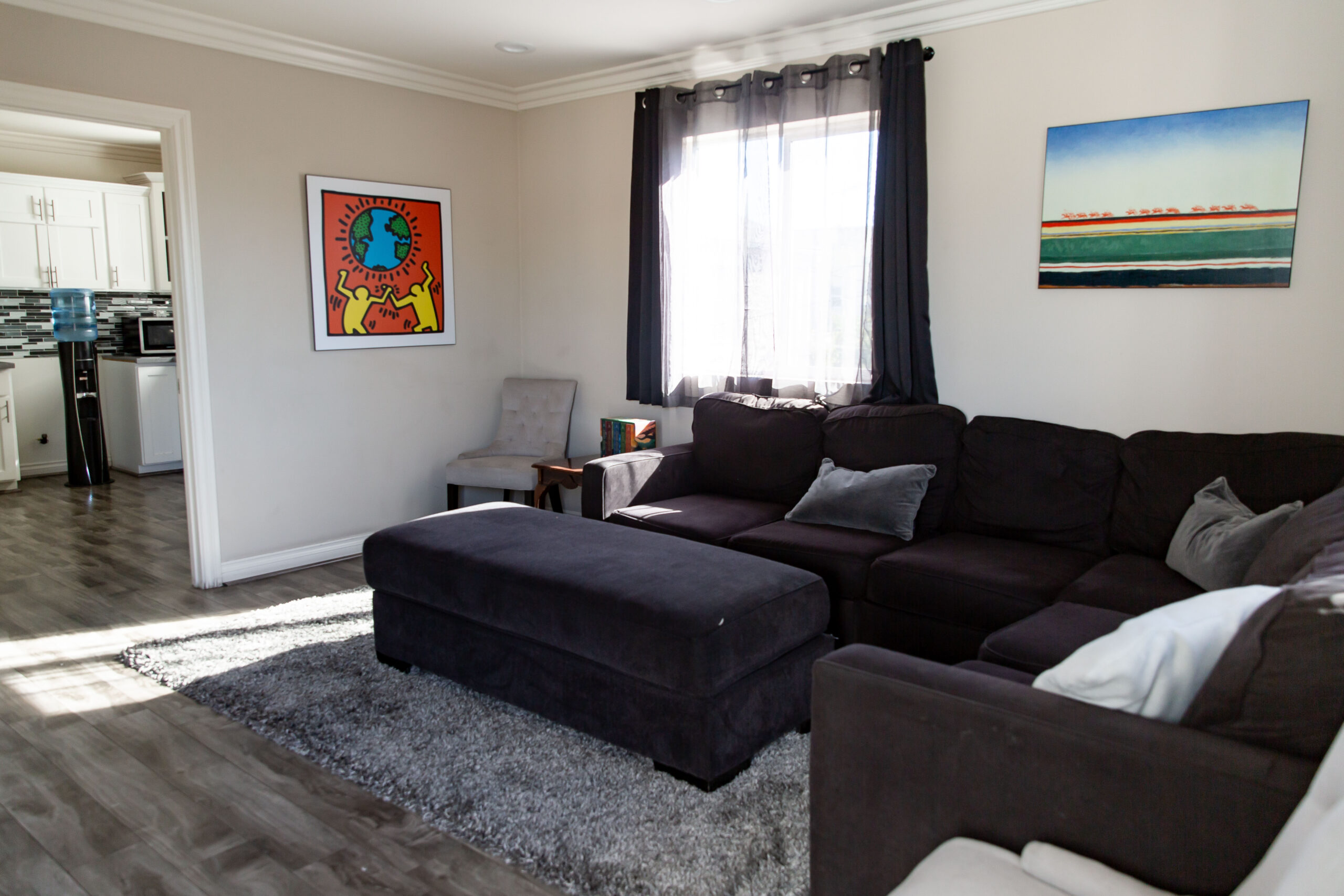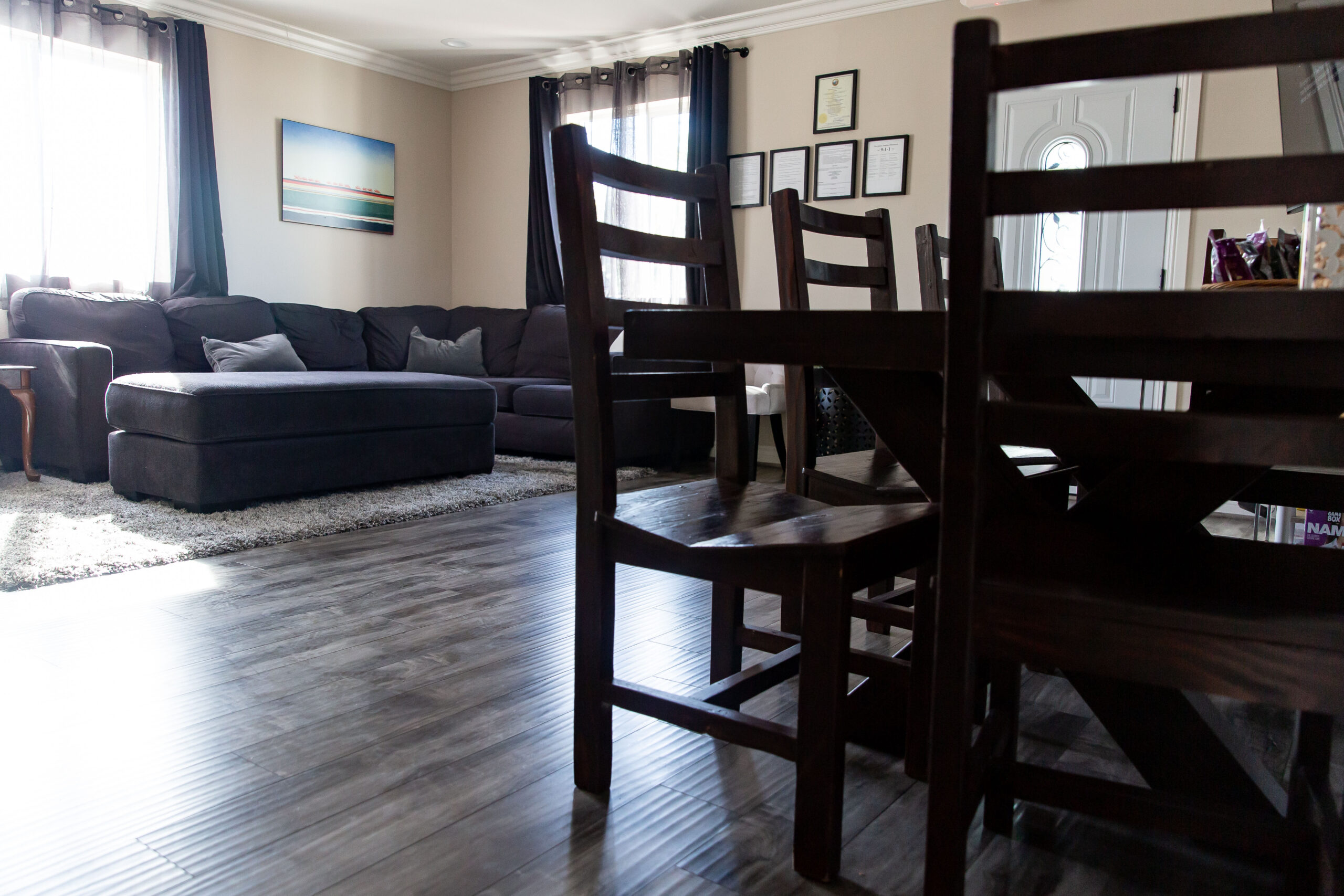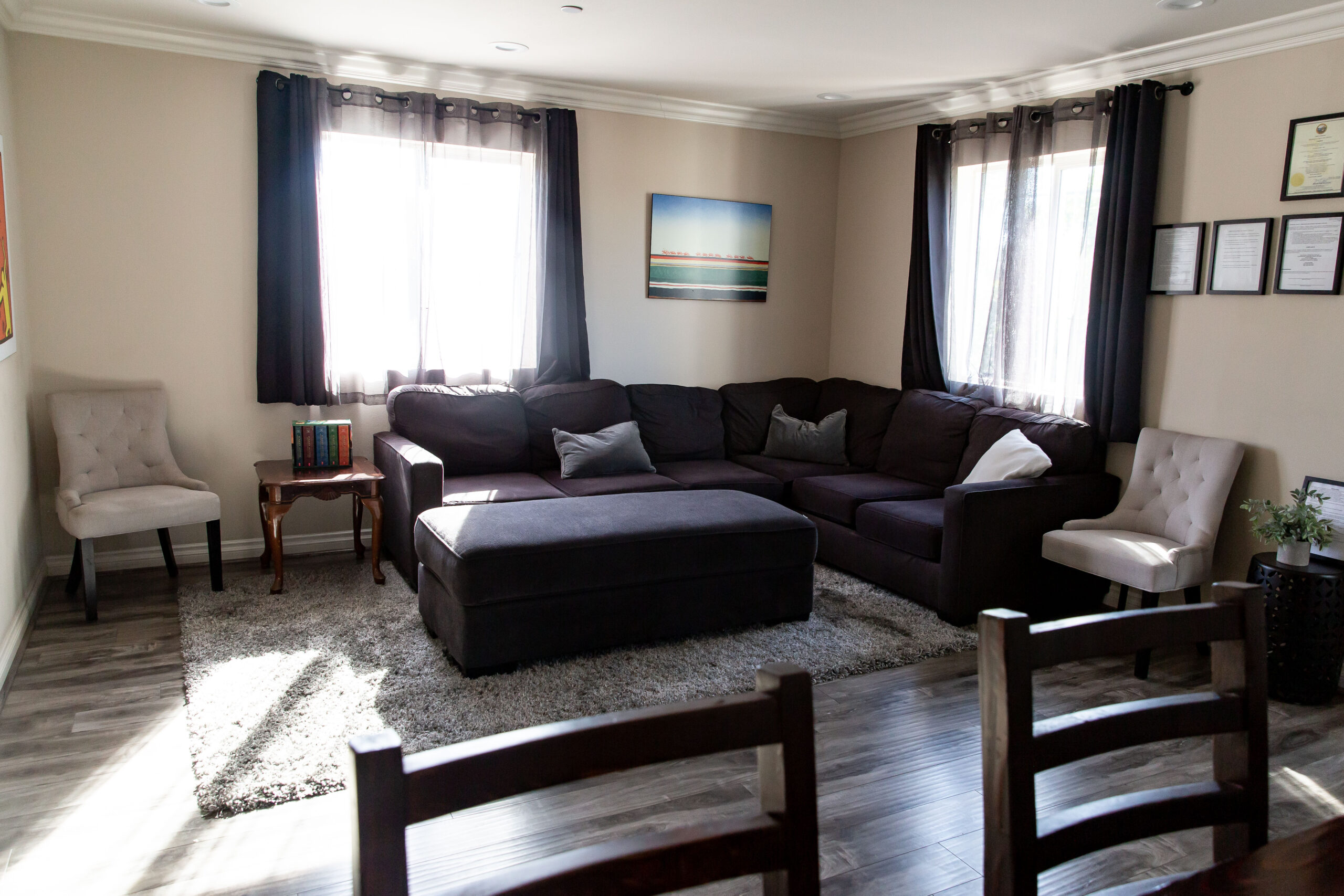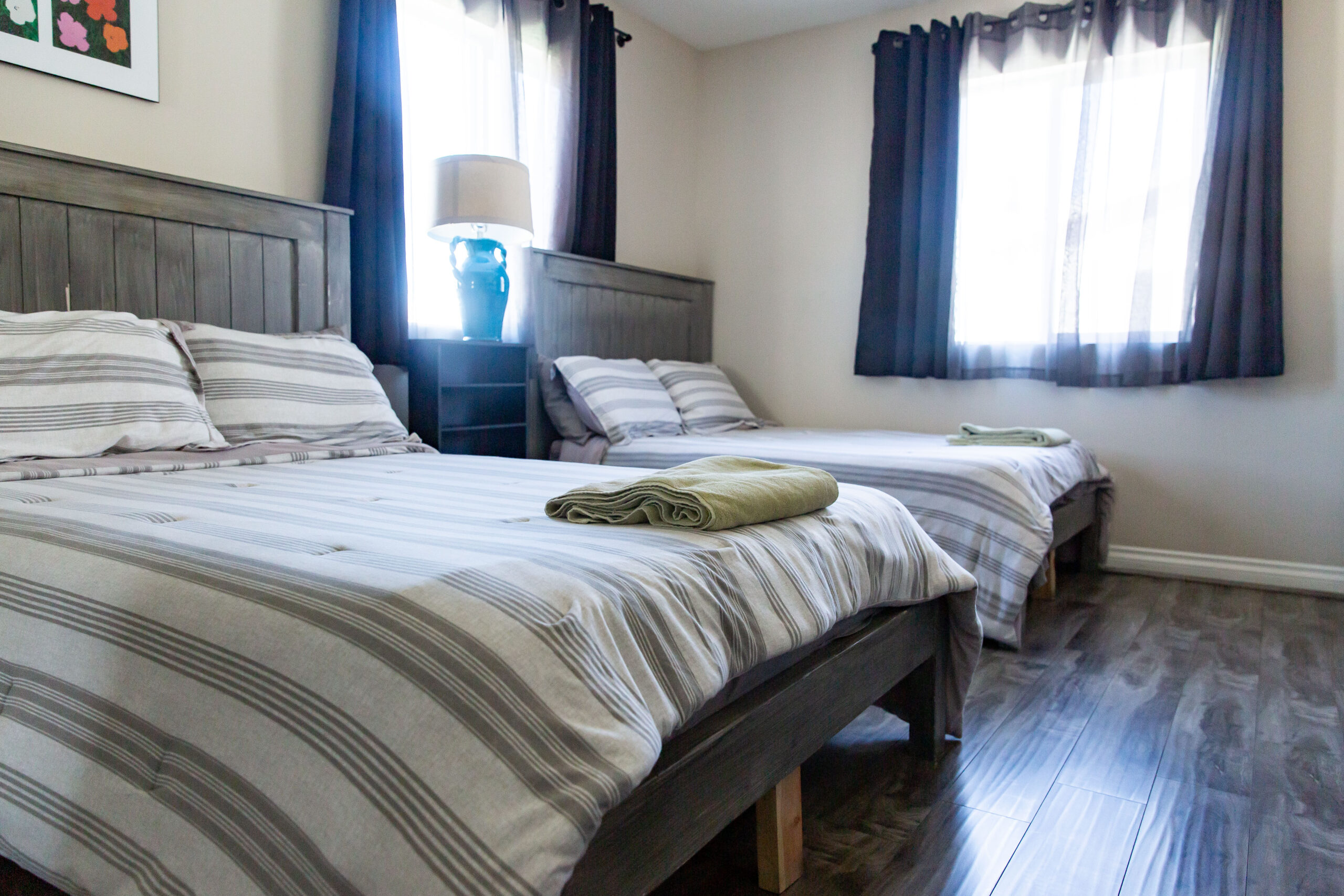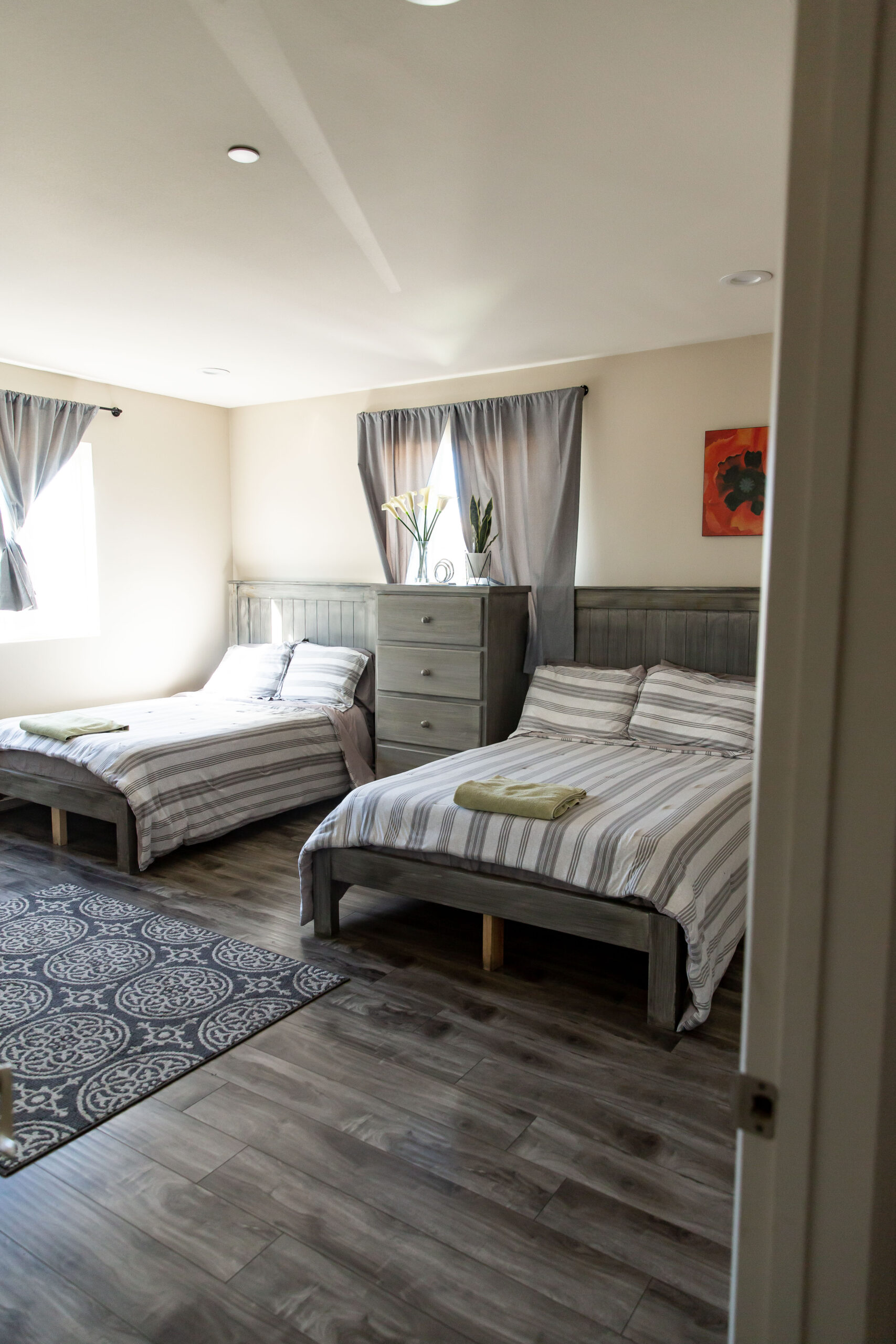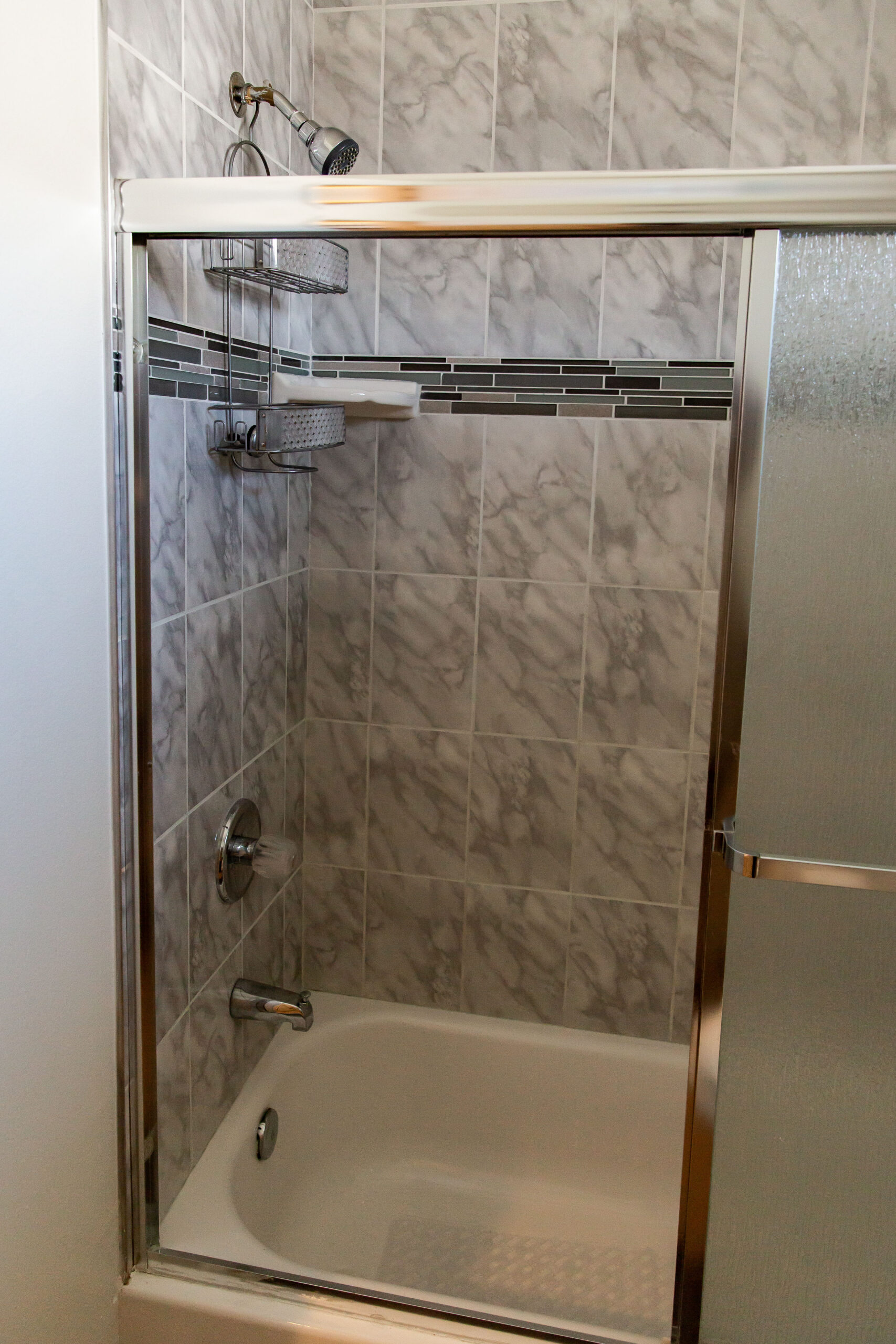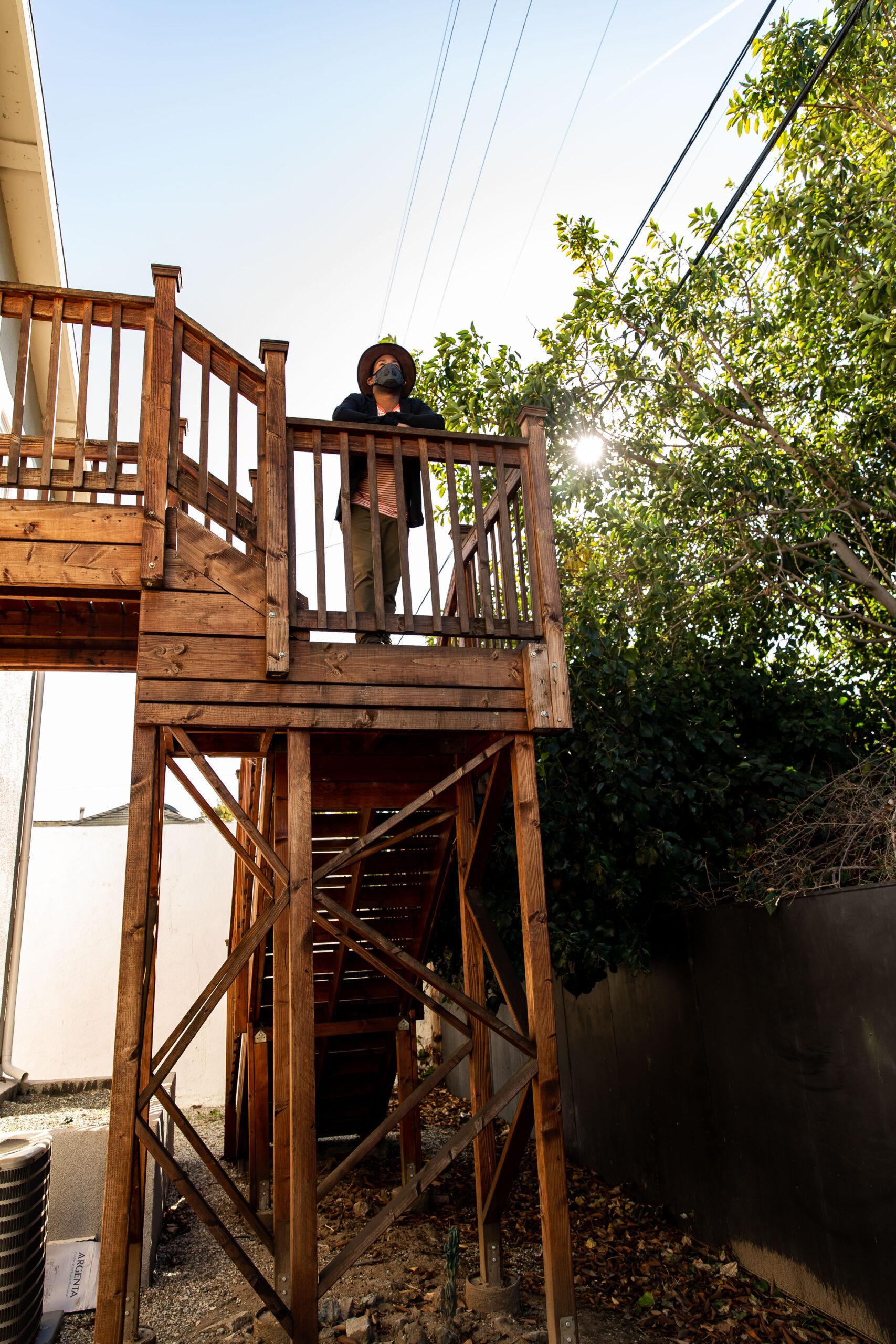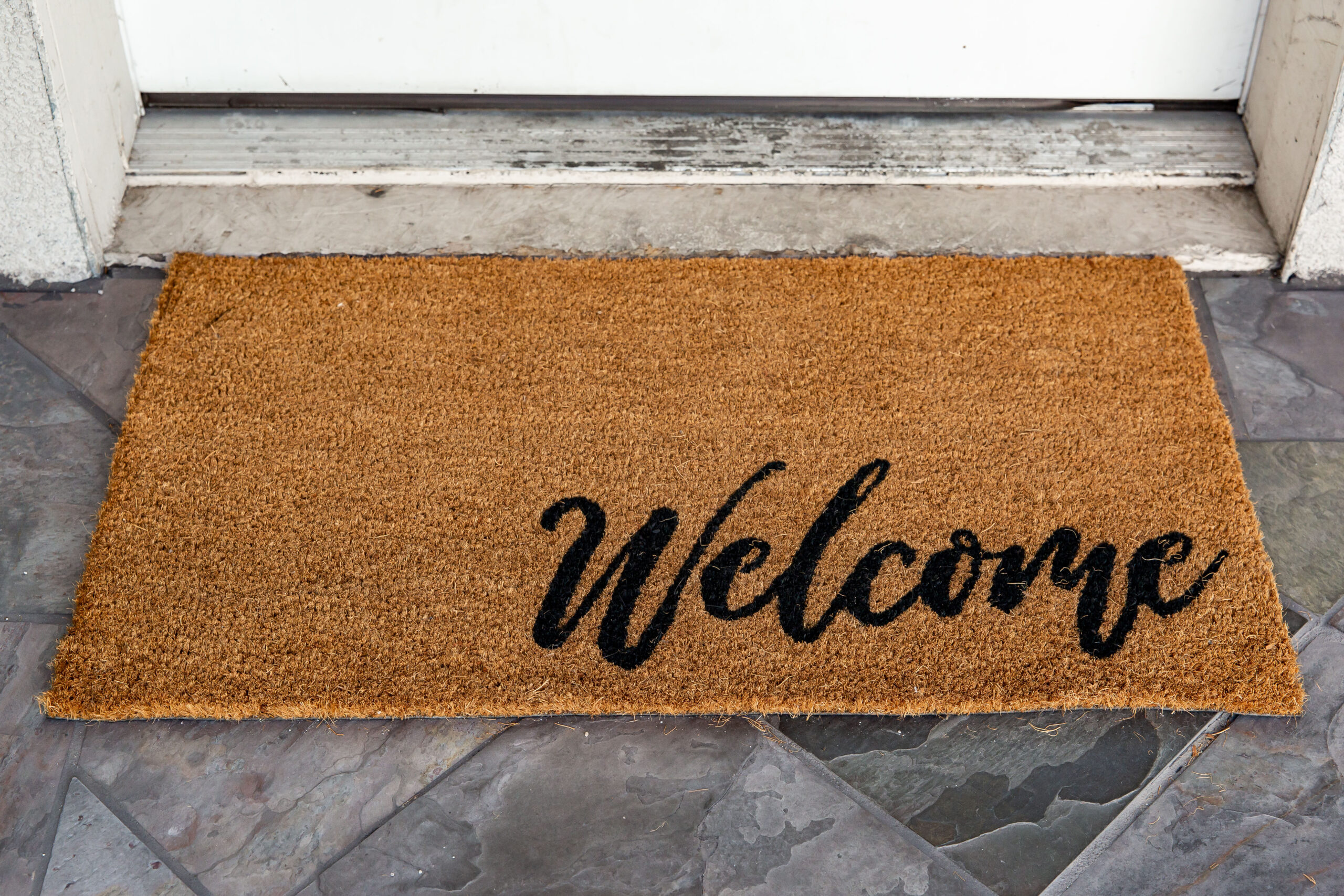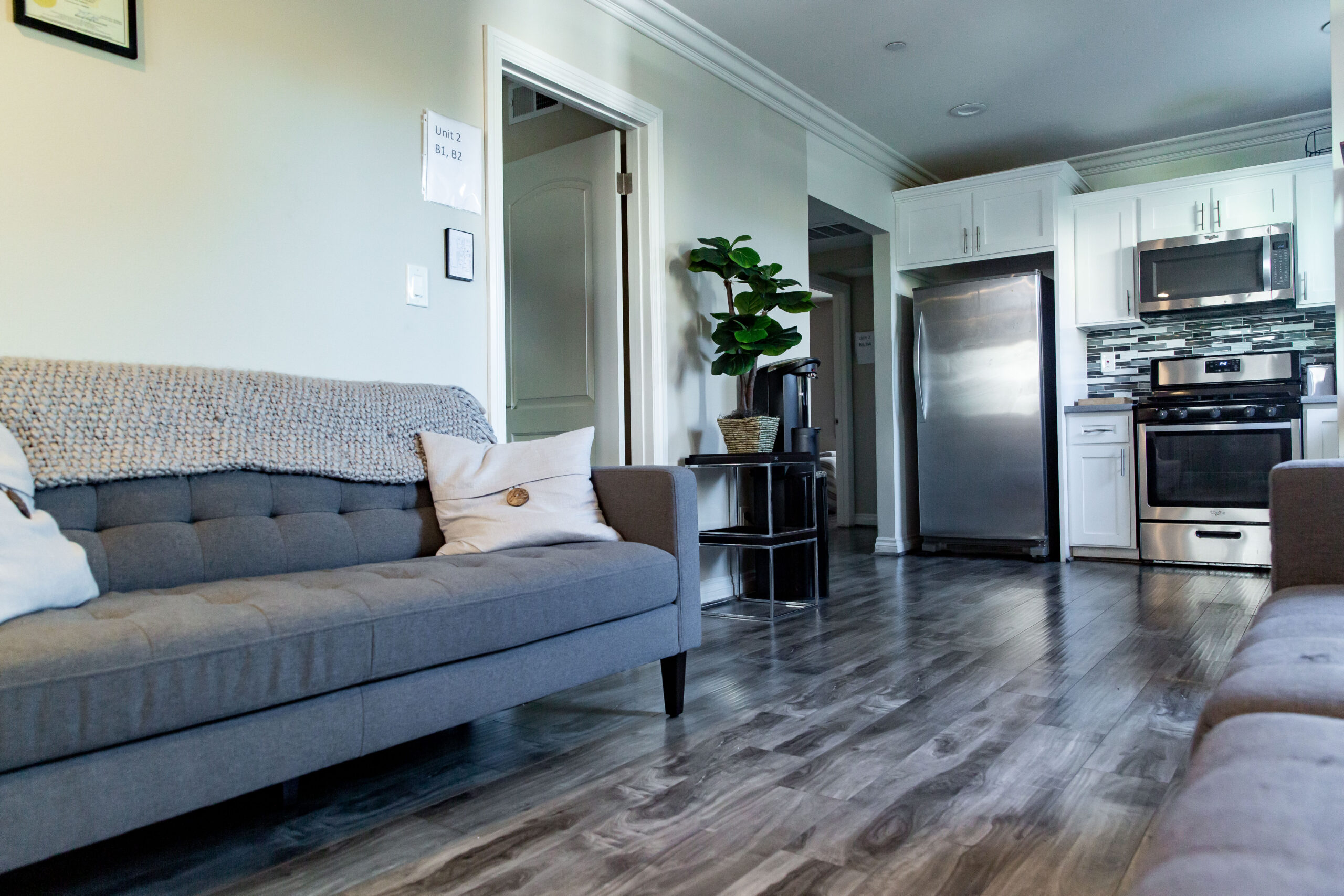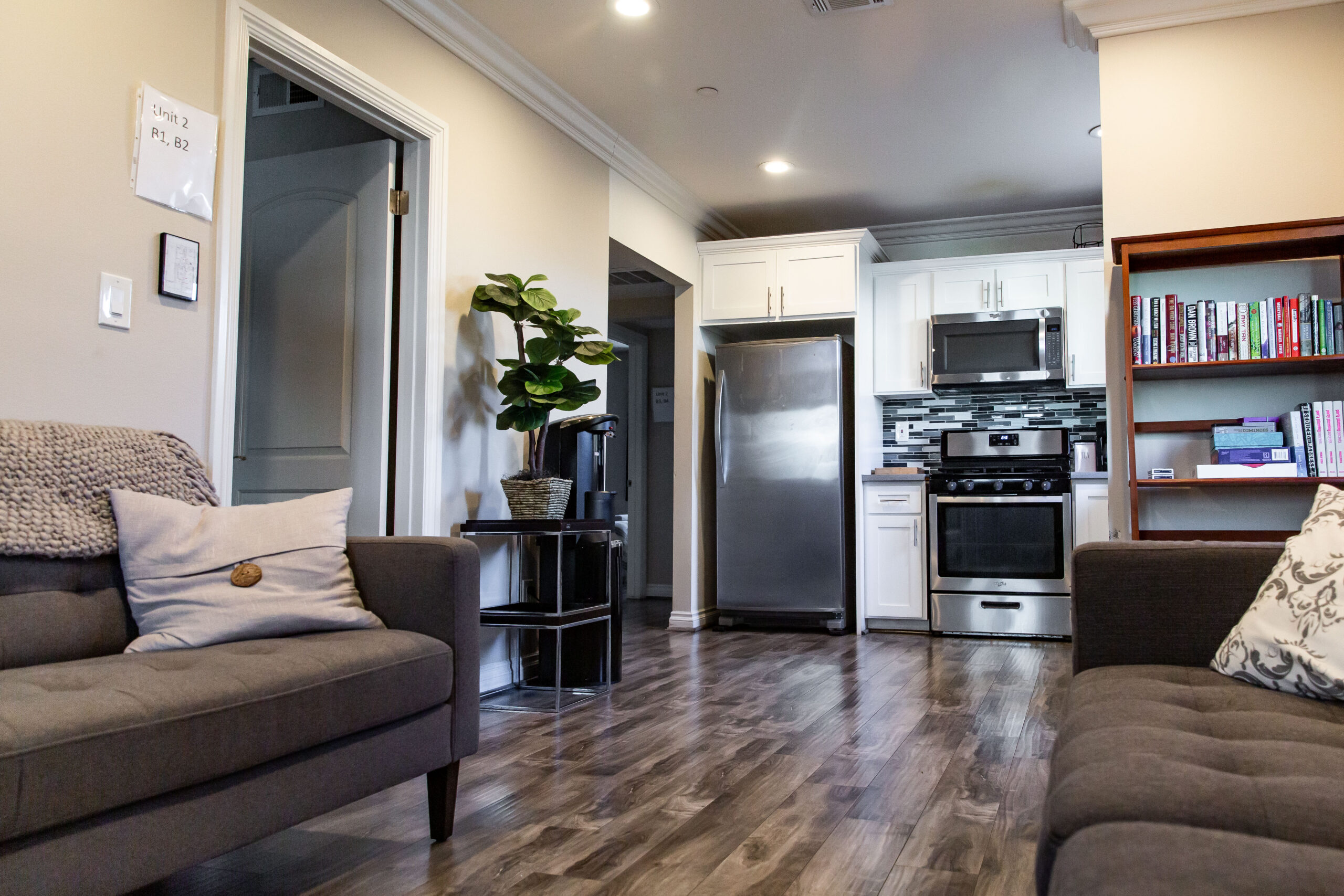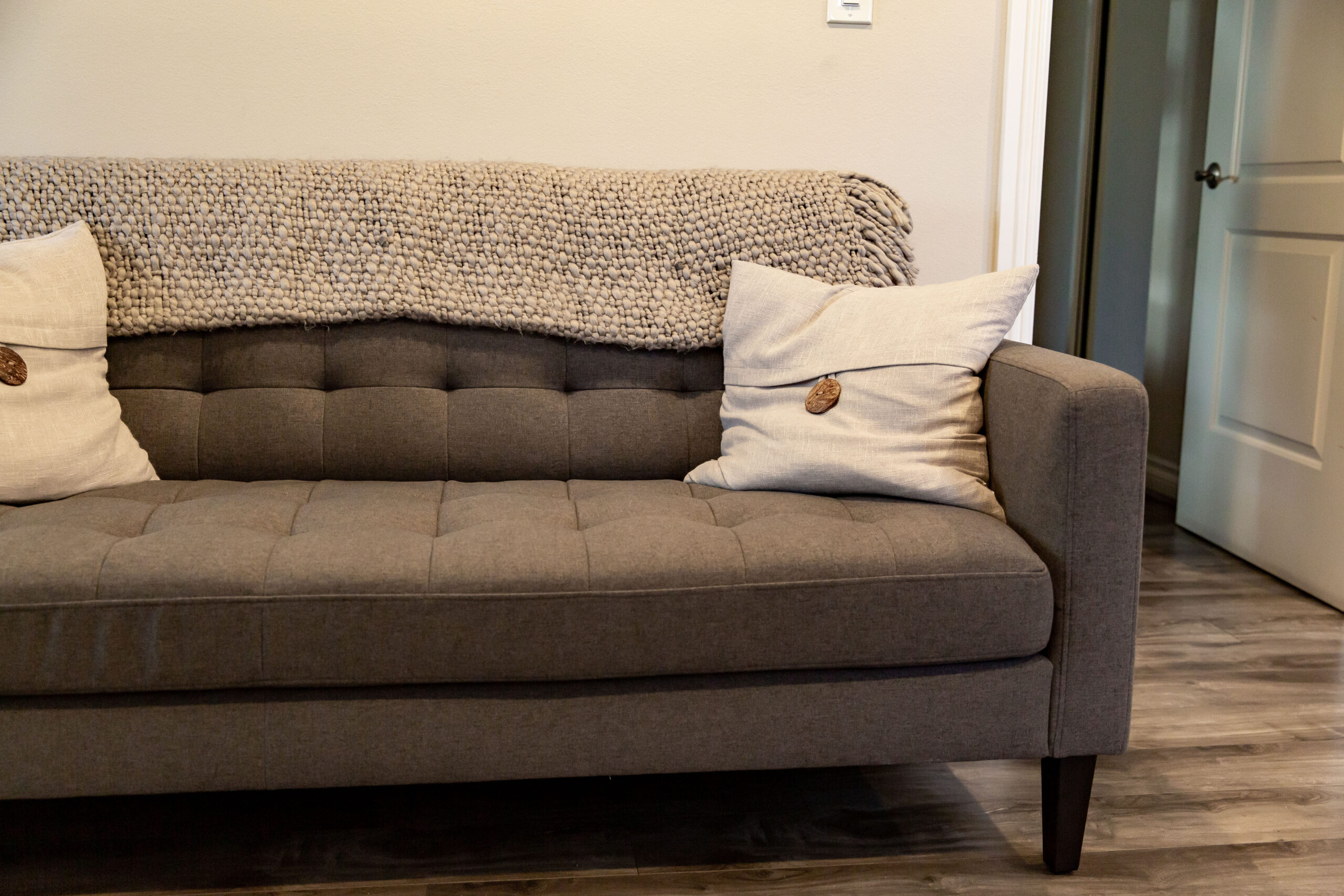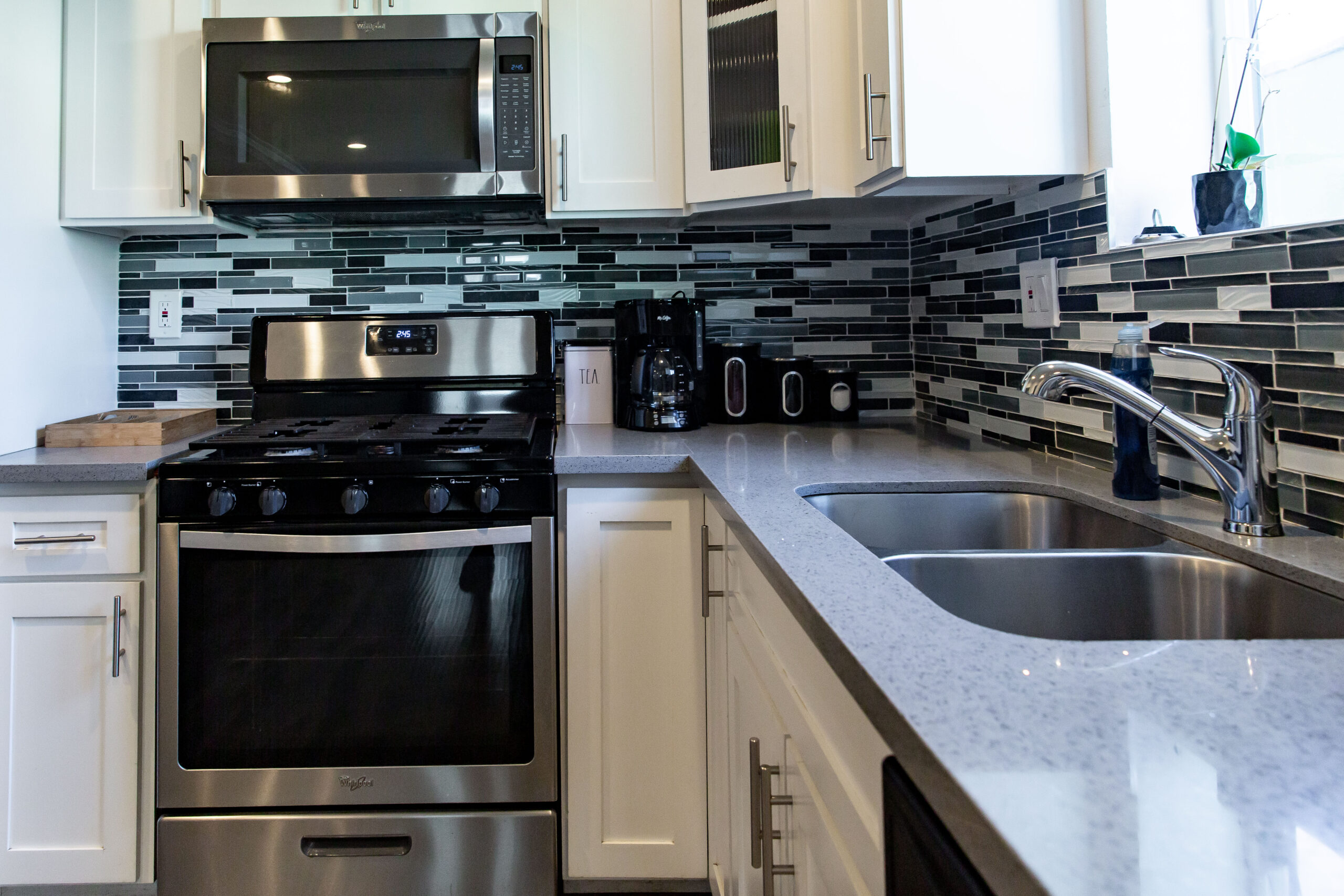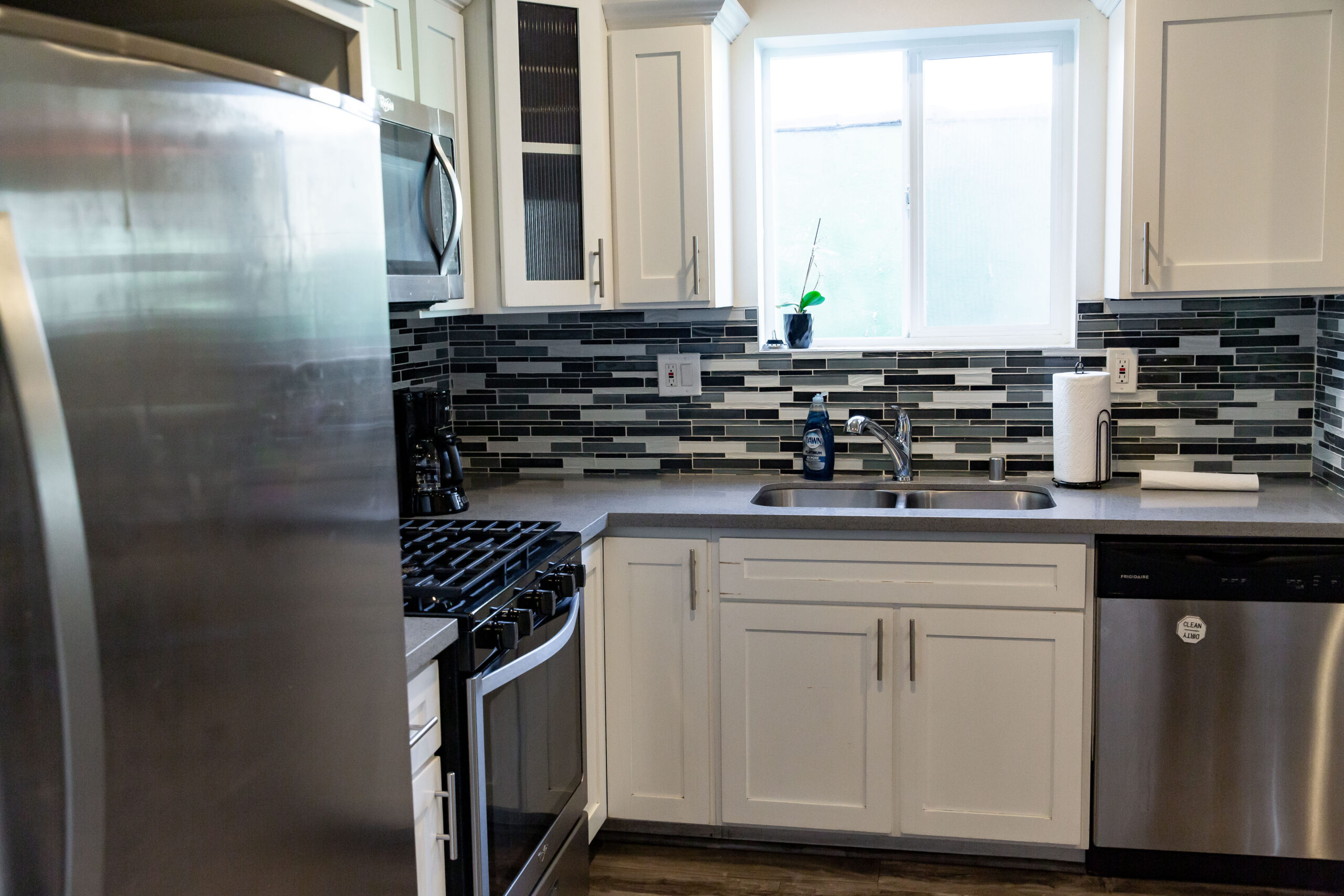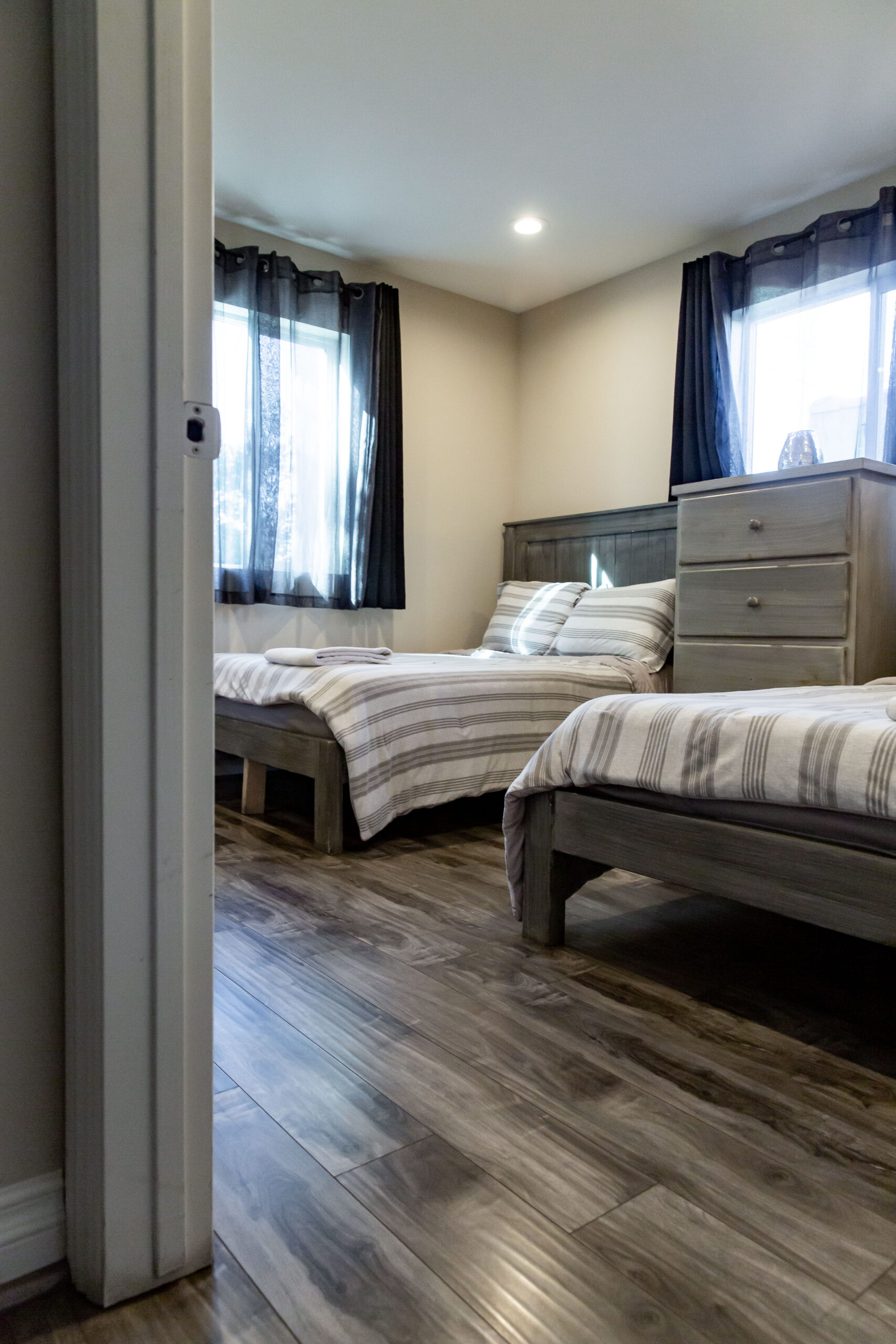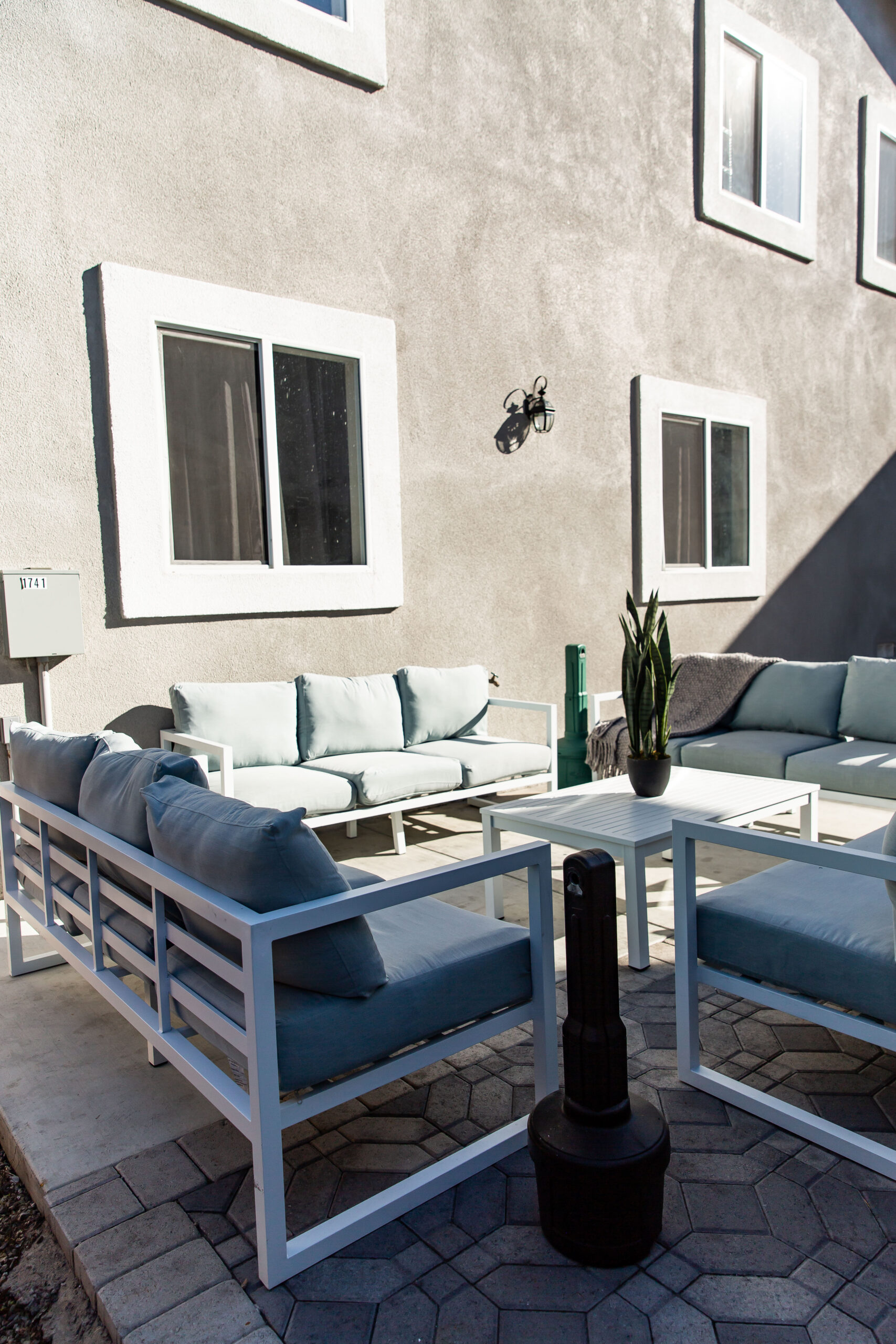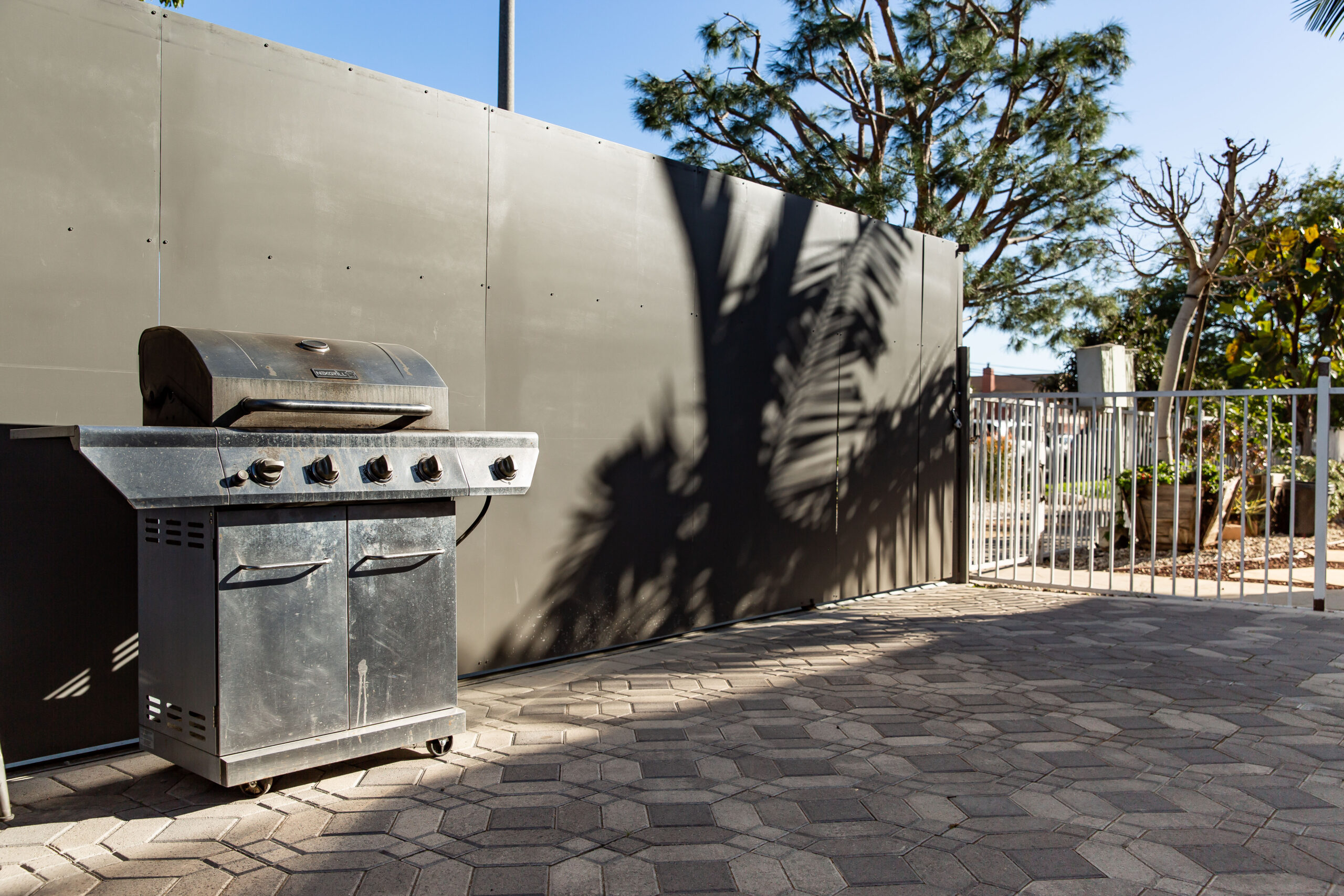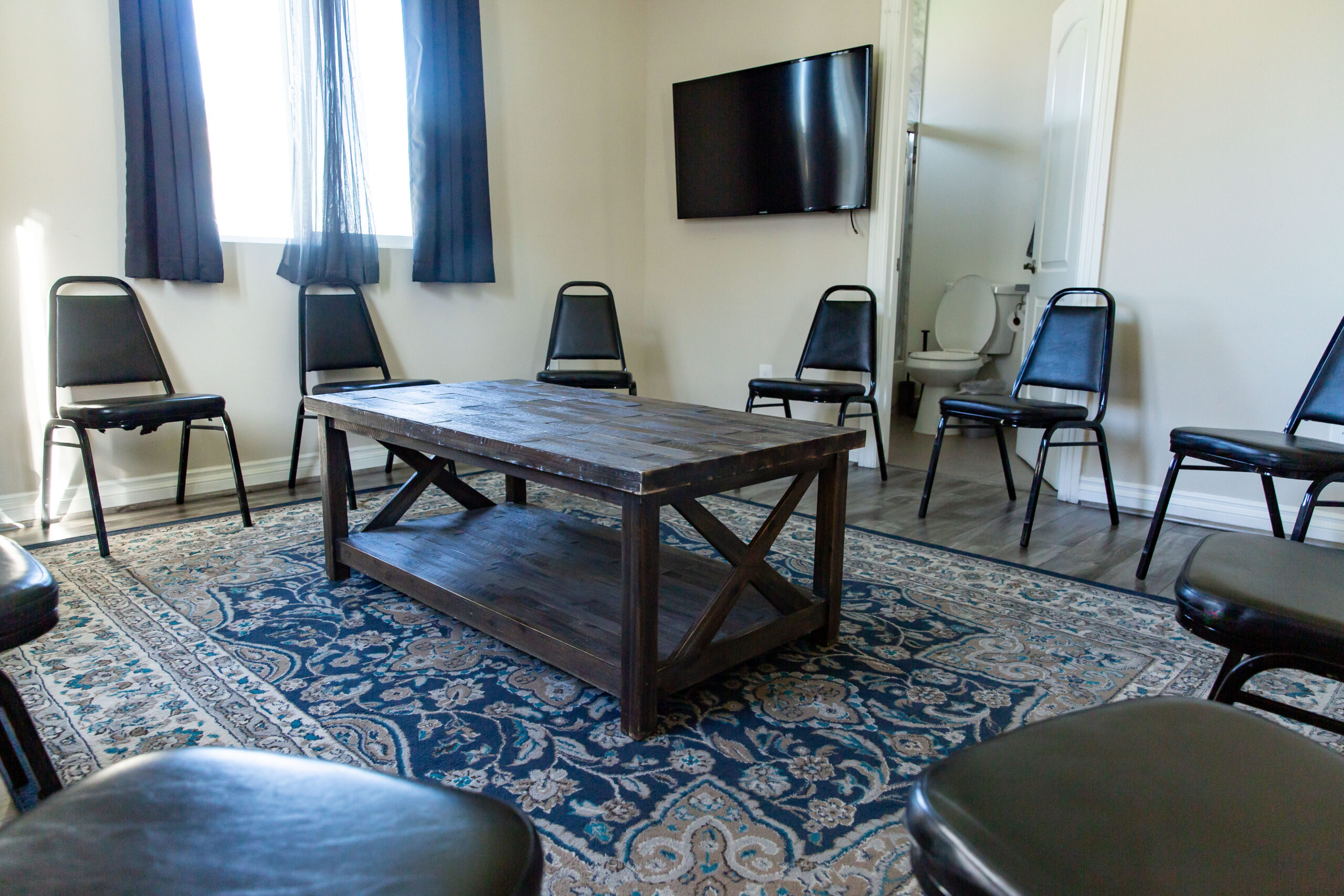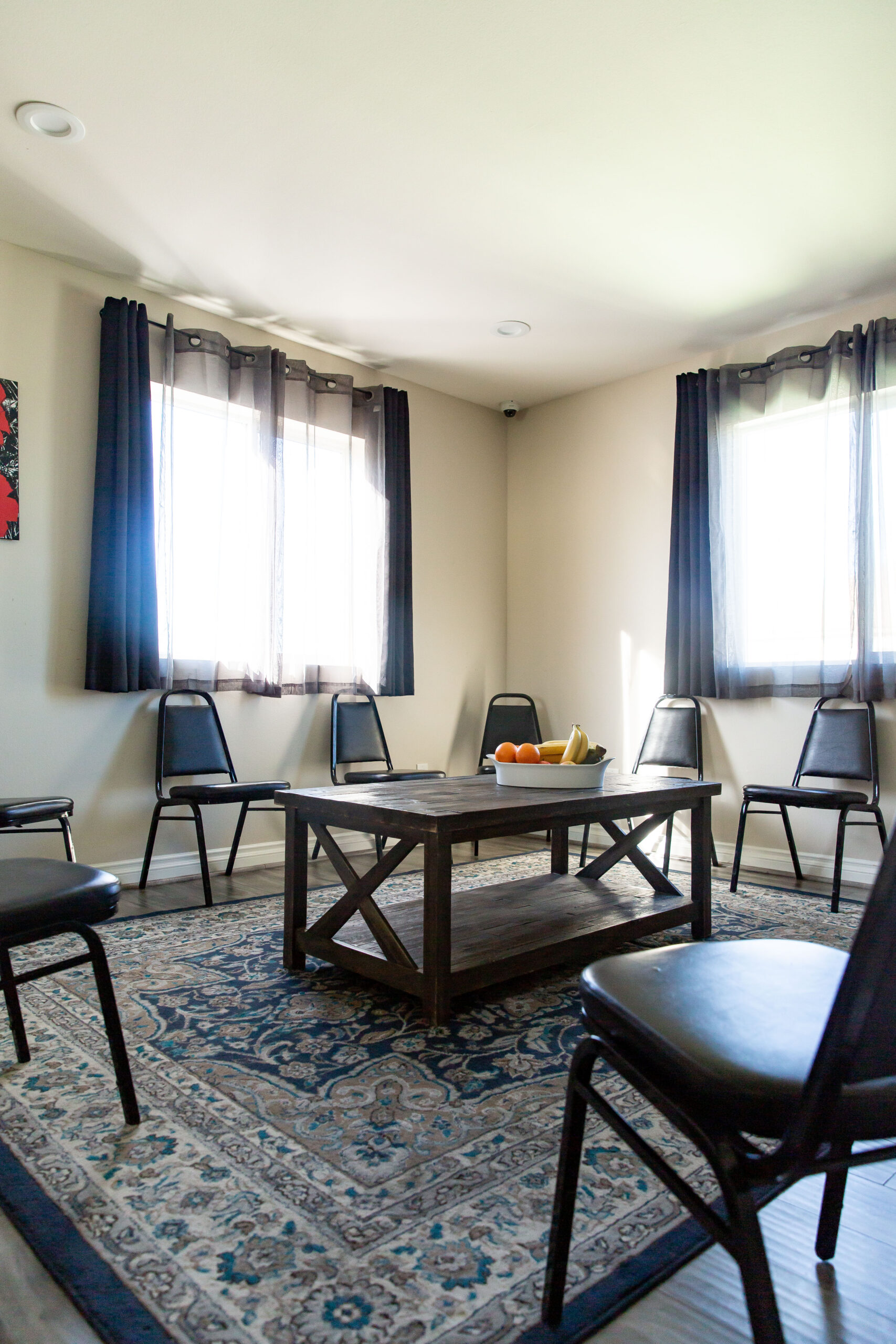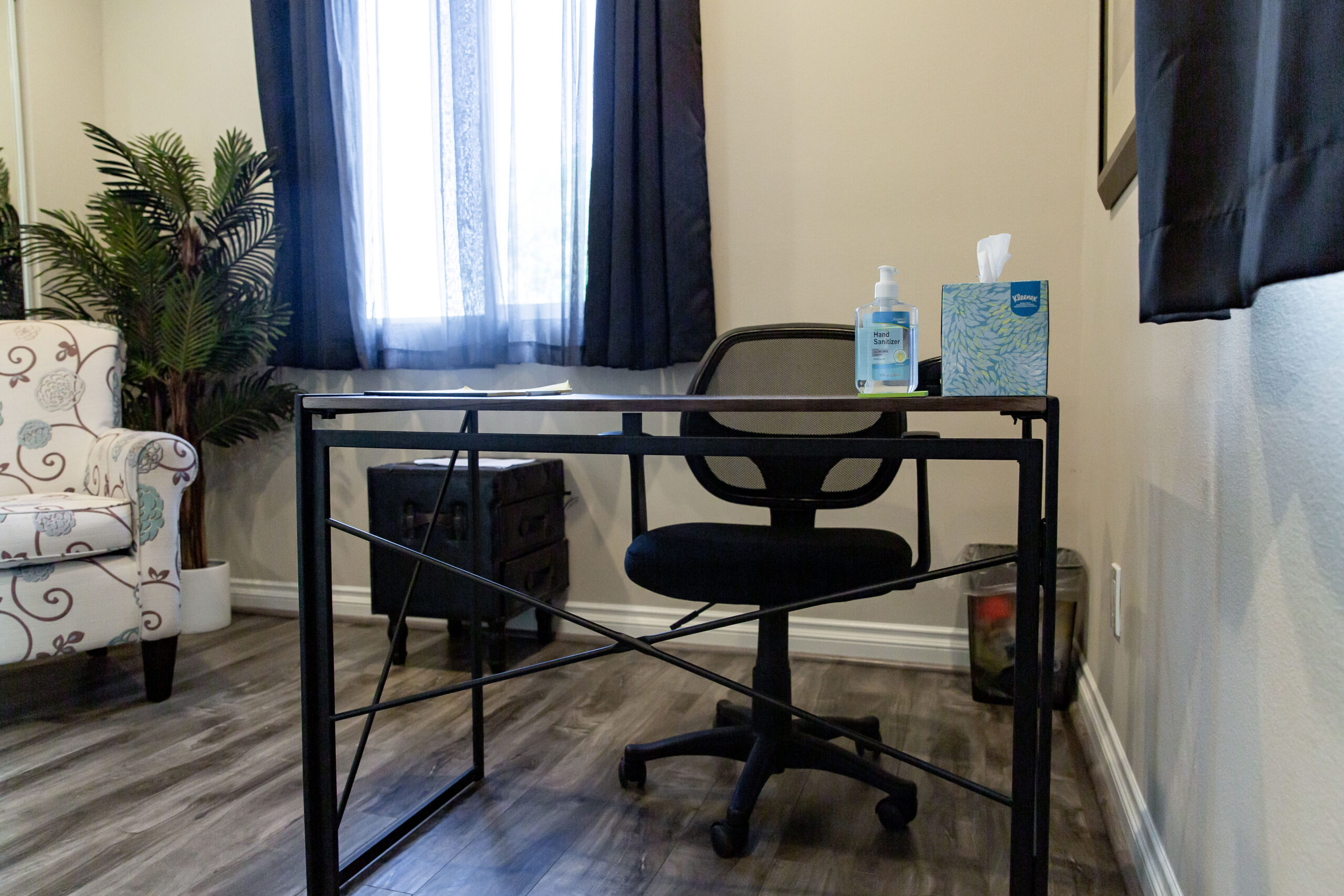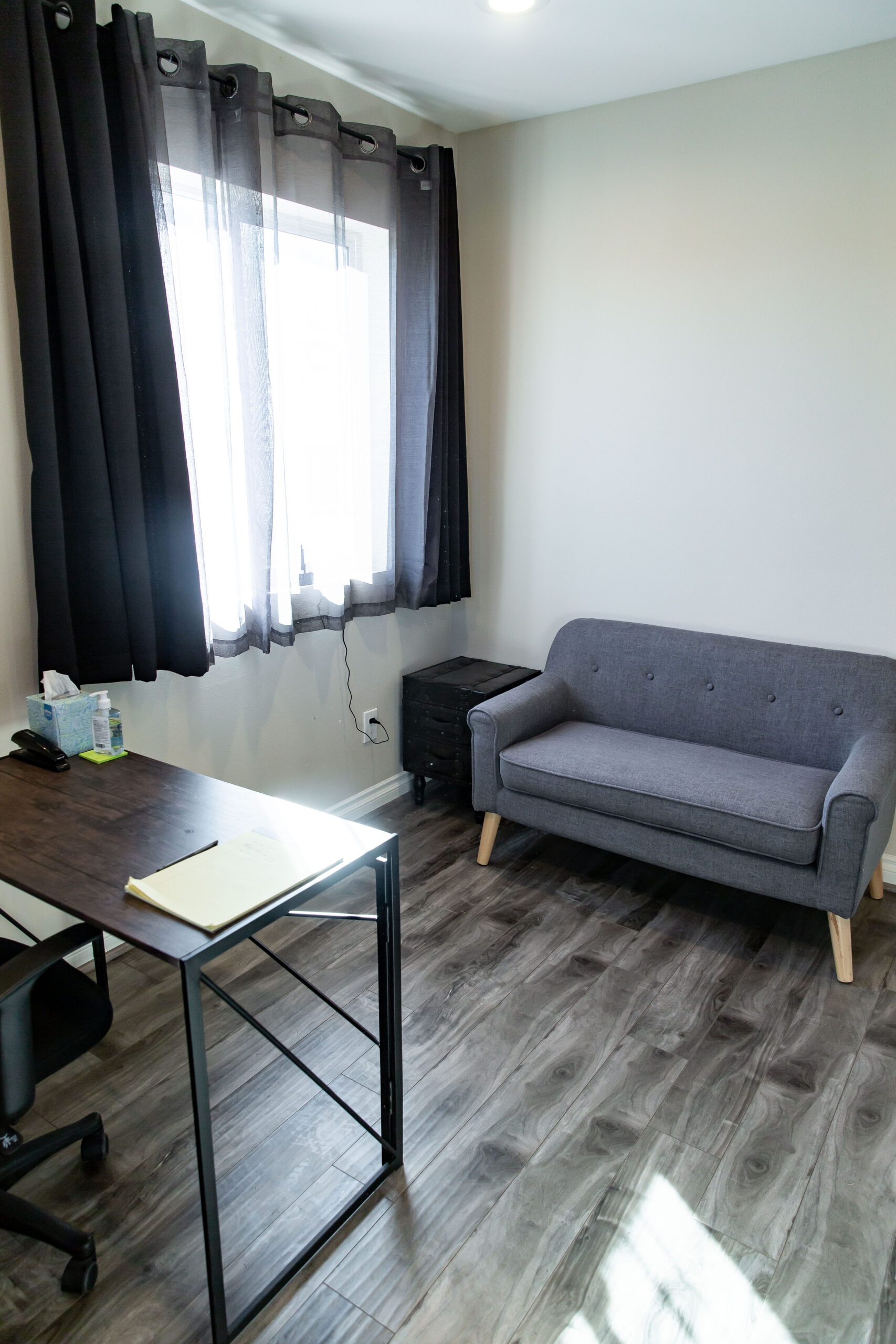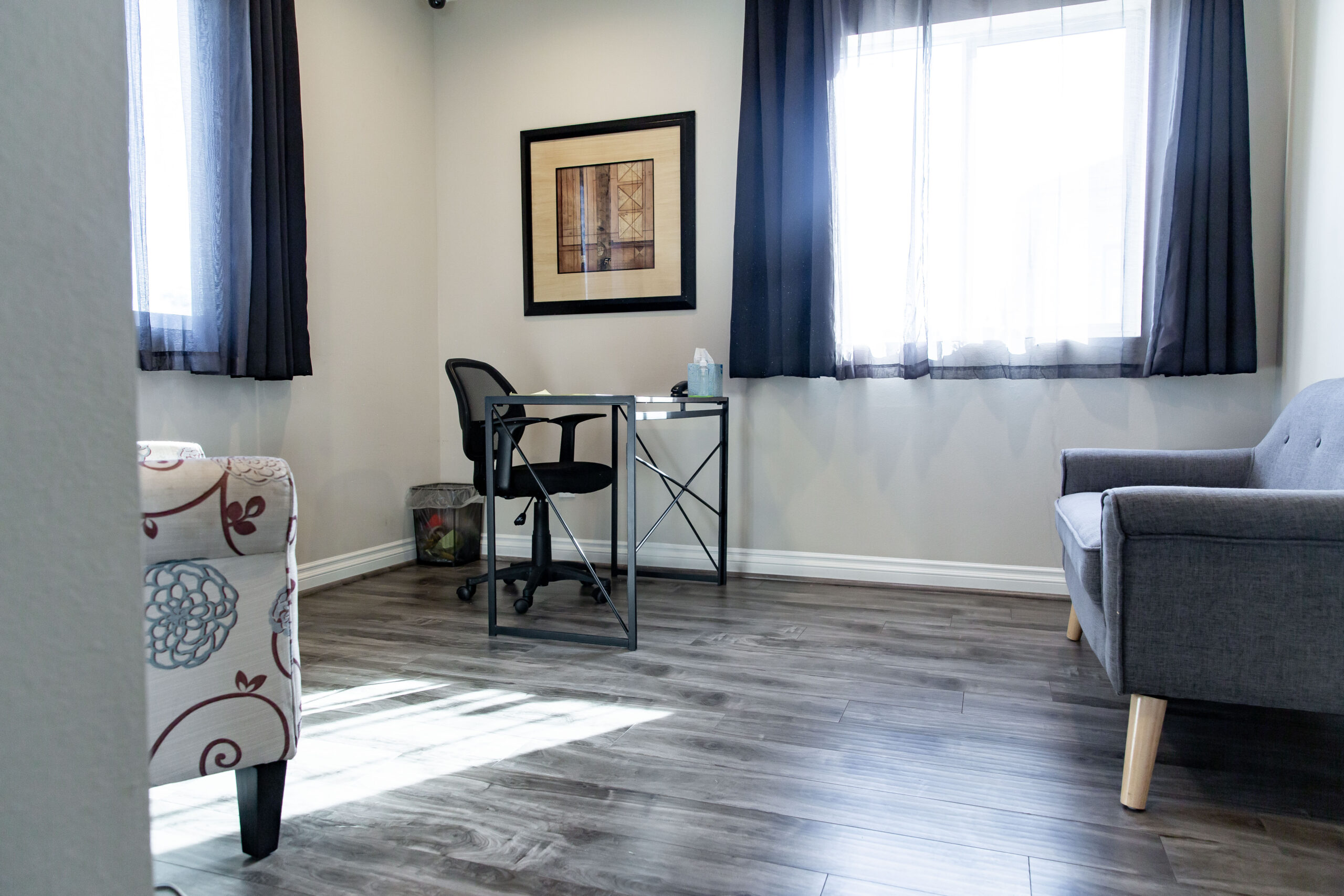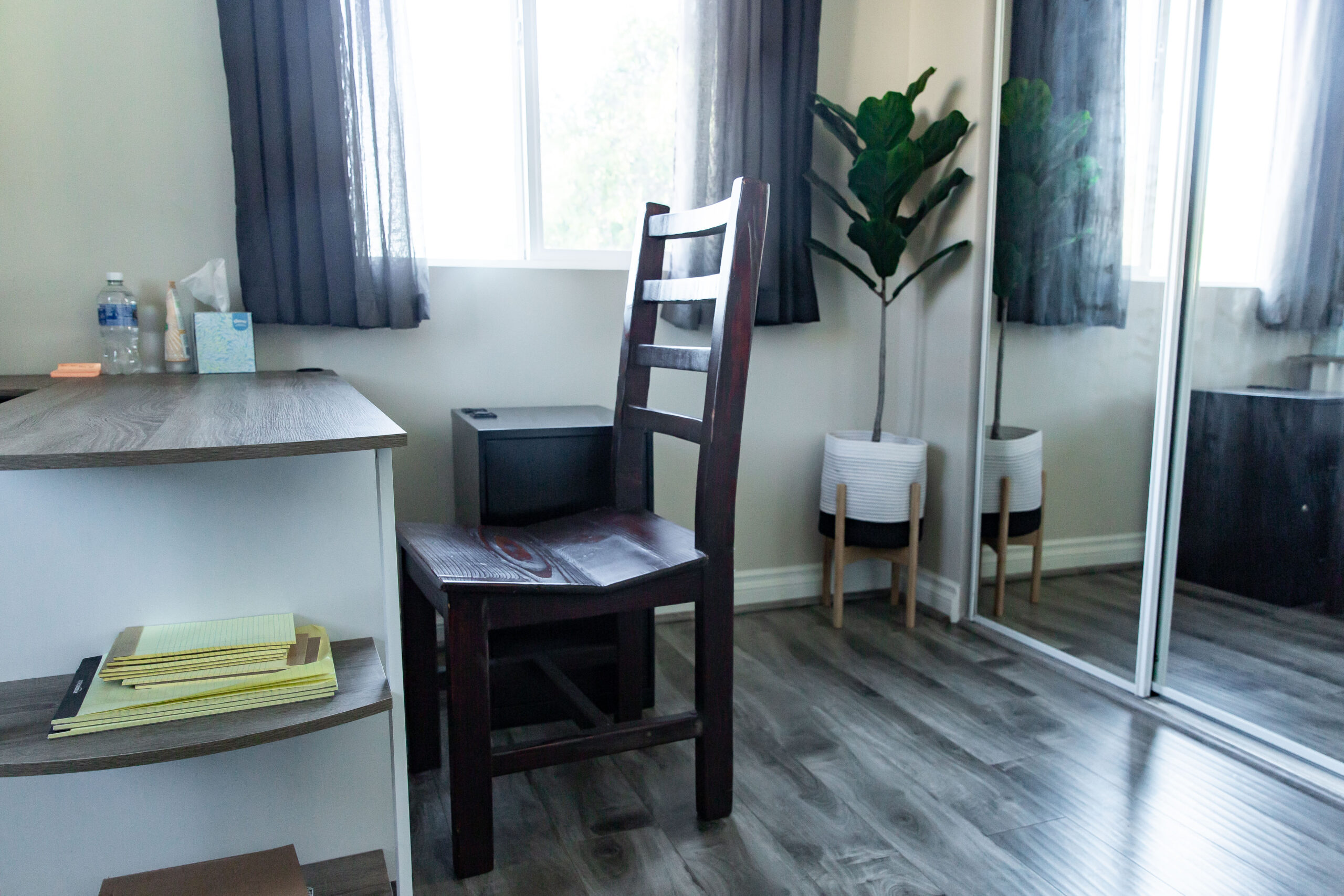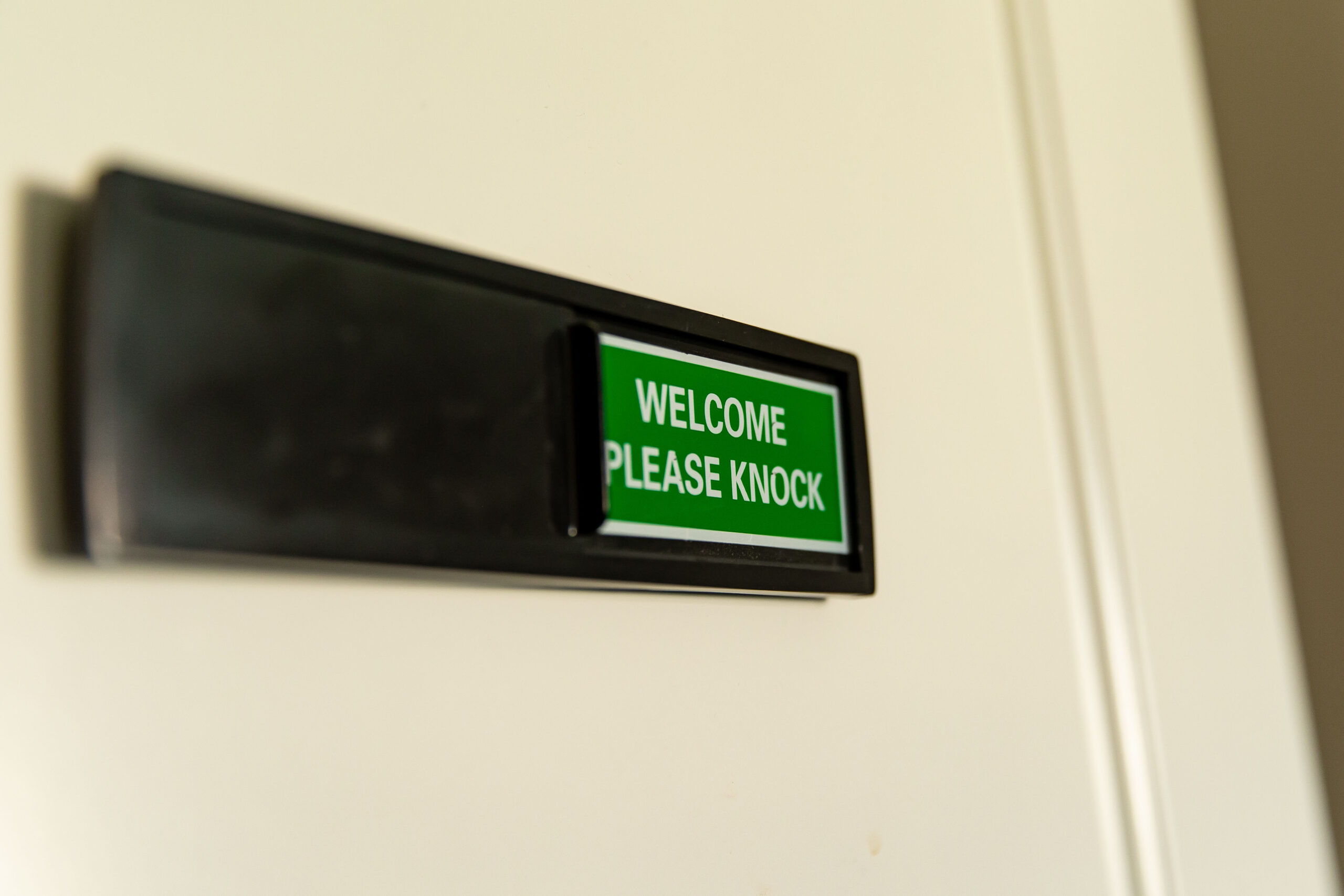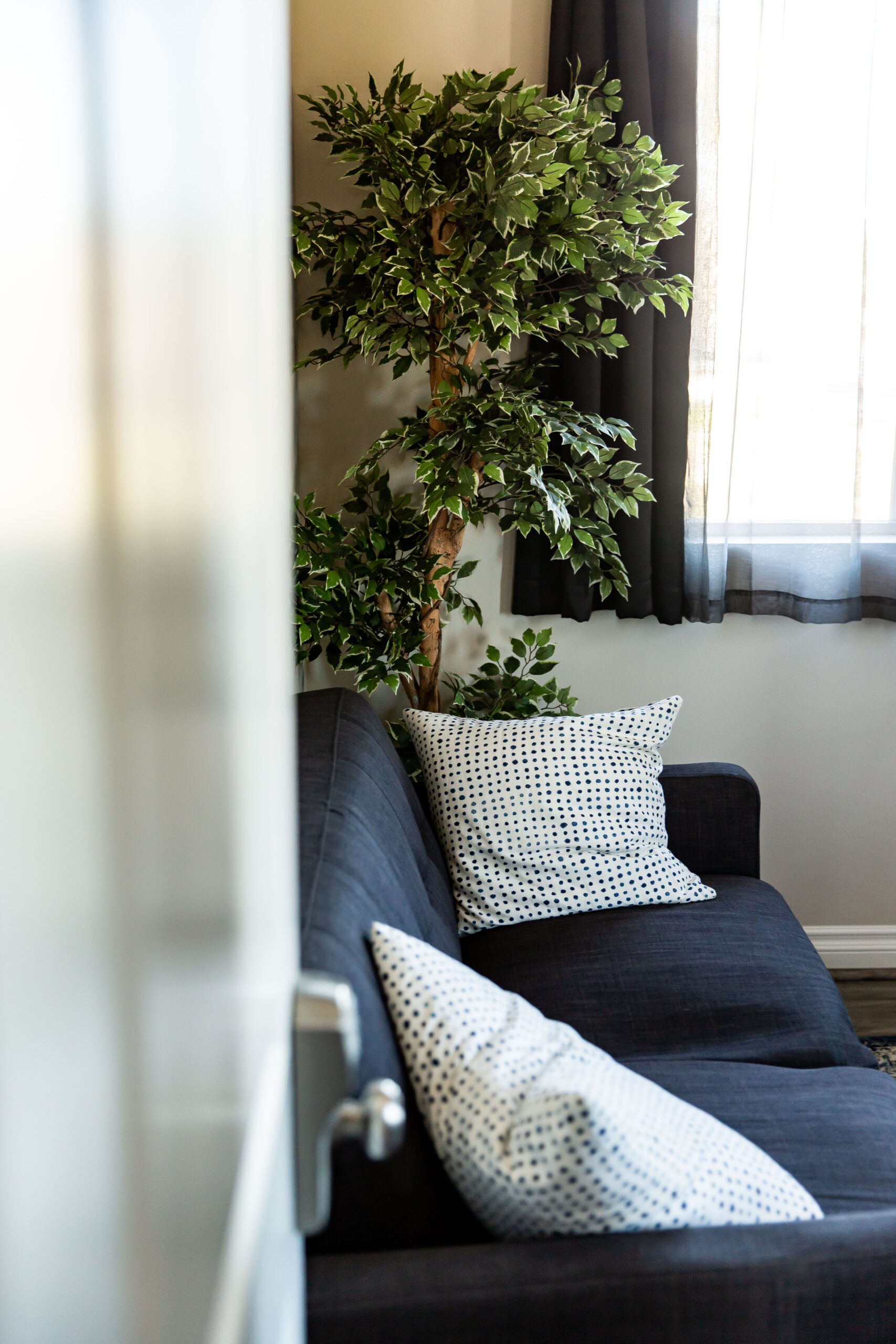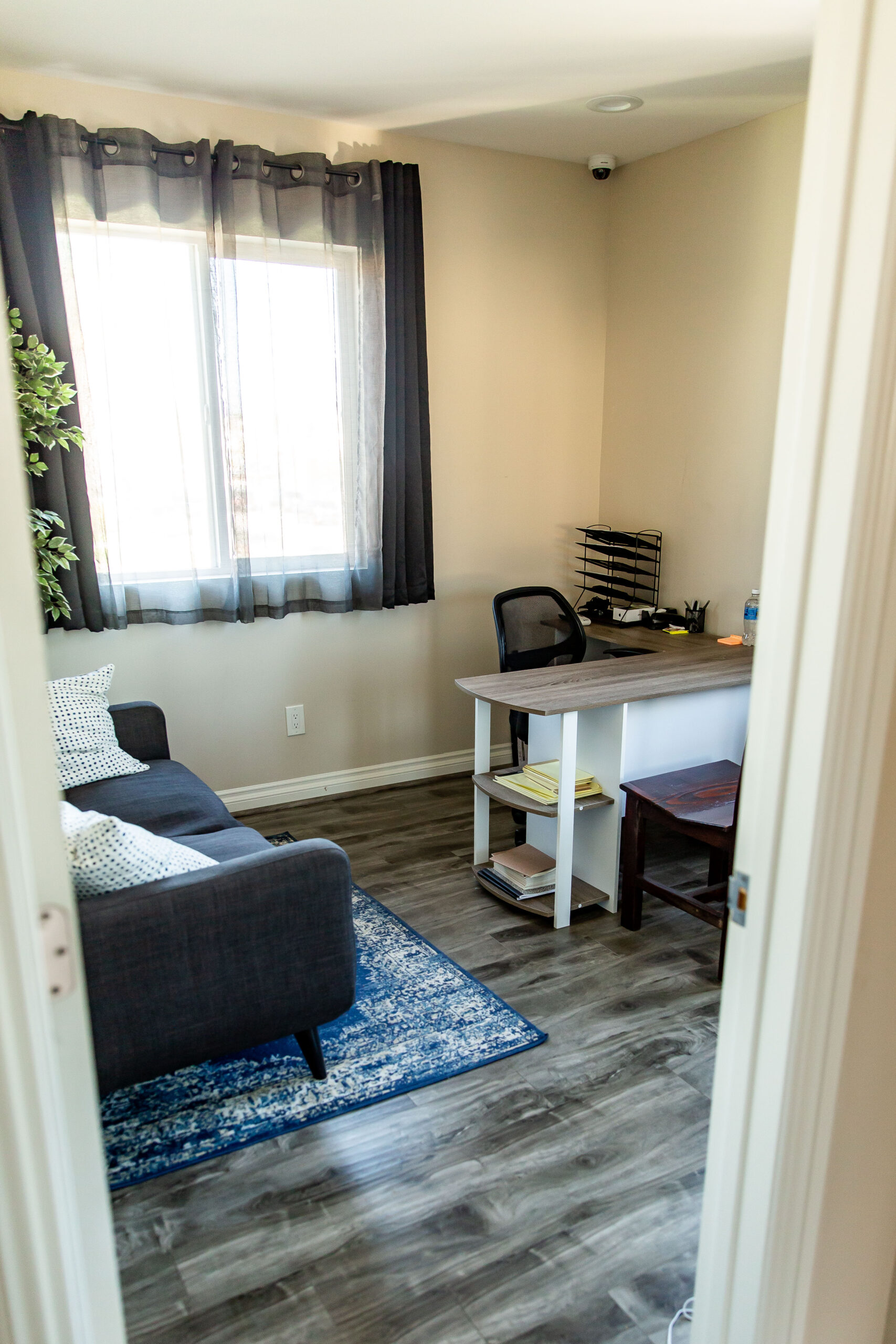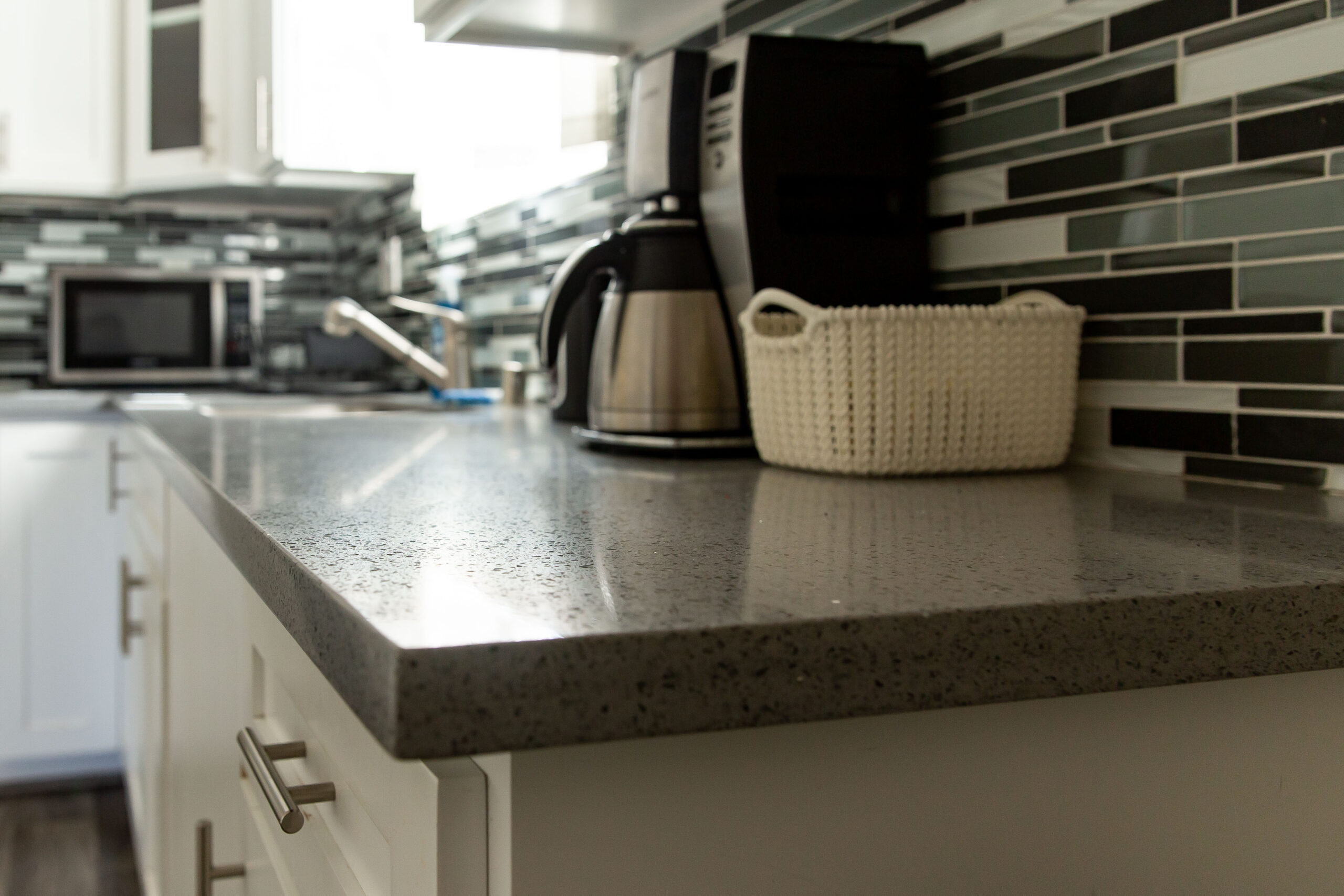The Detox Center of LA is the best drug rehab center for residents of Anaheim California, because we offer personalized treatment programs, providing comprehensive tailored care ranging from inpatient detox and rehab through outpatient programs like intensive outpatient plans, partial hospitalization programs, sober living homes, and other outpatient treatments.
Our experienced, highly educated, credentialed and caring medical professionals, therapists, holistic care providers and addiction specialists are here to help you stop using drugs and alcohol for good. Coming to The Detox Center of Los Angeles, you will stay inside our safe, 100% sober rehab center, so you can step out of your everyday routines and bad habits, learning new behaviors, recovery skills, and relapse prevention tools that will aid you in long-term recovery, as you heal the underlying causes of addiction and improve your overall wellness.
Take a Tour
Why Choose TDCLA
At the Detox Center of LA, you will be taken care of from day one. Your well-being and comfort are our top priority, and we will ensure you get the help you need in a custom rehab plan that incorporates medical care, medications (if needed), evidence-based therapy, behavioral therapy, counseling, dual diagnosis, and holistic treatments for a whole-patient approach that will ensure you are safe, supported, and healthy. You will work with our team to rid your body of toxins, build up your health and resilience, and heal the underlying roots of addiction to increase your chances of long-term recovery.
Whether you live in Thousand Oaks, Moreno Valley, Yuba City, Huntington Beach, Santa Ana, Mission Viejo, Daly City, Santa Cruz, Orange County, or right in Anaheim CA, our network of rehab centers will get you the inpatient and outpatient detox, rehab, and aftercare you need to be able to move forward in life without depending on drugs and alcohol. You can do this, and we are here to help you. Contact The Detox Center of LA now to begin down the road to recovery, regain your health and your strength, and take back control over your life.
- Highest Rated Drug Rehab Program
- Drug Detox and Rehab Program
- Top Alcohol Rehab Anaheim
- Drug Rehab Anaheim
- How Much Does Rehab Cost in Anaheim?
- How Long Is Rehab?
- 30 Day (Short Term Rehab)
- Long Term Rehab (60-90 Days)
- Additional Therapies & Addiction Treatments Available:
- Does My Insurance Have Coverage for Rehab?
Highest Rated Drug Rehab Program
The Detox Center of LA is the highest-rated substance abuse treatment center because:
- We offer individualized treatment plans that will meet you where you are on your own personal road to recovery, giving you the right degree of treatment for your complex needs as you step away from drugs and alcohol for good. We even have clinical assessments as you enter treatment that utilizes a biopsychosocial assessment to help us analyze your needs, from vitamins and nutrition to medications and psychiatric care
- We never label our patients as “drug addicts” or “alcoholics”. You are a unique individual who deserves respect and high-quality care, and our nonjudgmental staff truly cares about helping you throughout your detox and residential rehab program
- We allow contact with family and loved ones after a mandatory blackout period, with phone use allowed at designated times of the day. Parents of small children and infants can also use Facetime to communicate with their little ones during treatment
- There is a board-certified medical doctor on staff who helps create a safe detox plan for each patient and attends to medical issues. Our nursing staff is available 24 hours a day in case you need anything, and they manage medications, checking in on you periodically throughout the day and night to ensure you are doing well
- All of our experienced addiction therapists and psychiatric professionals have a minimum of a master’s level licensable clinical degree, along with a valid license or a registered intern status for addiction treatment in the state of California
- We have a dedicated culinary team who can accommodate food sensitivities, special dietary needs, or allergies. As part of an integrated treatment plan, they work alongside medical staff to ensure each patient is having their dietary needs met
- Our operational staff ensures each patient’s treatment program runs as planned and that the overall flow of the program remains stable and predictable, and our tech staff is there to make sure all support, transportation, scheduling, etc. is running smoothly and that your needs are always met
Drug Detox and Rehab Program
Withdrawal symptoms and drug cravings can be major deterrents when you are trying to get sober. You may feel flu-like symptoms, depression or anxiety, distress, pain, nausea, and other physical and mental health issues may surface. Withdrawal may even escalate to include dangerous withdrawal symptoms like seizures or delirium tremens without medical care.
At The Detox Center of LA, our drug detox and rehab program is an integrated treatment plan that incorporates treatments for the body, mind, and spirit that will ensure you stay safe, feel well, and do not suffer unnecessarily as your body heals and purges the toxins from your system.
We provide a medical detox plan, in which you:
- Move into the detox center full-time for 5-10 days
- Are provided with prescription medications that will ease pain, restlessness, nausea, and other uncomfortable sensations
- Will have 24-hour supervision by nurses and doctors, ensuring your withdrawal symptoms do not escalate to dangerous levels
- May be provided with dual diagnosis treatments if you have a co-occurring mental illness
- Will eat healthy meals prepared by a private chef
If you are detoxing from a severe addiction to opioid drugs (oxy, fentanyl, heroin, etc.) or benzodiazepine drugs (Xanax, Ativan, etc.), you may need to taper off of those in a more gradual medication-assisted treatment program that lasts for weeks or months, with prescription medications that are FDA-approved to help you quit these drugs safely. Typical medications given in a medically assisted treatment program are:
- Gabapentin
- Trazodone
- Suboxone
- Subutex
- Benzodiazepine Tapers
- Seroquel
- Ativan
- Valium
Once your withdrawal symptoms have been managed and you feel ready to move forward in treatment, you will begin your drug addiction and alcoholism rehab plan. Rehab occurs in the same facility, so you can easily continue on to the next phase of your addiction treatment plan with the same care providers, in the same building, making it easy to get the help you need.
Top Alcohol Rehab Anaheim
Alcohol rehab, like drug rehab, often starts with a medical alcohol detox program, or a medication-assisted treatment plan, depending on your level of addiction. Some people’s withdrawal symptoms may feel unbearable, or they may escalate to severe levels, causing seizures, high fever, hallucinations, and delirium tremens that may lead to death if not treated by medical professionals.
We have plenty of experience helping people through their alcohol detox, providing professional medical care, medications to keep you comfortable and to mitigate cravings, and holistic treatments that will boost your overall wellness.
In drug and alcohol treatment, you will remain living inside the treatment center, with treatments available to you like:
- Individual therapy sessions, where you meet with your primary therapist once or twice a week
- Behavioral health treatments like cognitive behavioral therapy and dialectical behavioral therapy
- Dual diagnosis care, treating substance abuse and mental health issues together
- 40 to 47 hours per week of group therapy
- Interpersonal psychotherapy sessions
- Psychoeducation
- Family sessions and family contact if appropriate to your unique situation
- Life skills training
- Experiential therapy so you can have a new experience and re-learn how to enjoy life outside of rehab as a rug-free and alcohol-free individual
- Connections to 12-step programs like Alcoholics Anonymous for further drug and alcohol addiction support outside the facility
You will meet with your case manager several times throughout your stay to work on any issues you may have in your practical day-to-day life during treatment and after, including getting time off of work for treatment, legal issues, and building a long-term aftercare recovery plan that will work for your lifestyle, needs, and preferences. This may include ongoing drug abuse therapy and other treatments through an outpatient treatment facility in your area.
Drug Rehab Anaheim
We are an inpatient facility, so when you come to the Detox Center of LA, you will first undergo an assessment that will help us create a physical, nutritional, and mental health plan so you will get the most benefit from your time with us. You will then move into our comfortable residence, which includes amenities and services like:
- Housekeeping
- Healthy and nutritional catered meals prepared by a private chef
- On-premises laundry machines
- A fully stocked snack bar
- Basketball court
- Cornhole games
- Movie nights
- Meditation
- Yoga
- Fitness classes
You will have a fully tailored and integrated medical detox plan designed to ensure your comfort and safety as your body purges the toxins from your system, along with dual diagnosis treatment, therapy, mental health care, and a long-term medication-assisted treatment plan, all provided within a welcoming, safe, and accepting rehab center.
Although we are an inpatient facility, we also offer easy connections to different levels of care found in outpatient treatment centers and sober living homes throughout the country. These may include:
- Partial hospitalization programs
- Intensive outpatient programs
- Outpatient programs
- Sober living home accommodations
Whether you are looking for a center in Anaheim or need drug addiction treatment in nearby communities including Santa Rosa, Simi Valley, Costa Mesa, Chula Vista, Santa Maria, Santa Clarita, San Bernardino, and Santa Barbara, and throughout the nation, we can get you the long-term help you need after inpatient rehab.
How Much Does Rehab Cost in Anaheim?
Attending rehab in northern California may sound expensive but each of our client’s treatments is customized to their needs, and we take budgets and insurance coverage into consideration. It is not possible to give an exact price without getting to know more about you and your level of addiction, but if you want a rough quote for cost, please feel free to contact our team now. We will do all we can to make sure you get the help you need.
How Long Is Rehab?
Detoxing at our addiction treatment centers usually takes between 5 to 10 days total, and inpatient rehab is a minimum of 20 to 30 days, but this timeline can be extended if necessary. You may also wish to extend your prescription drug rehab in Anaheim or other types of rehab into an outpatient program once residential treatment is complete, adding weeks or months to your individual program length.
30 Day (Short Term Rehab)
The length of treatment required for success is completely unique to each person. Treatment is completely customized to each clients individual needs. To provide an idea of what to expect, 30-day short-term treatment for addiction is the average treatment length for patients. Spending 20 to 30 days inside our Anaheim drug rehab programs will give you the time you need to regain your physical strength, learn new ways to look at life, gain a new perspective, begin healing the underlying causes of your addiction, and learn new relapse prevention strategies and coping mechanisms for stress.
Long Term Rehab (60-90 Days)
The length of treatment required for success is completely unique to each person. Treatment is completely customized to each clients individual needs. To provide an idea of what to expect, 30-day short-term treatment for addiction is the average treatment length for patients. Spending 20 to 30 days inside our drug rehab programs will give you the time you need to regain your physical strength, learn new ways to look at life, gain a new perspective, begin healing the underlying causes of your addiction, and learn new relapse prevention strategies and coping mechanisms for stress.
Additional Therapies & Addiction Treatments Available:
Because we are a holistic treatment center that integrates evidence-based treatments with old-world and eastern philosophies, at The Detox Center of LA, we integrate traditional drug addiction treatment with other holistic treatments like:
- Yoga
- Meditation
- Breathwork
- Acupuncture
- Art therapy
- Creativity groups
- Exercise and physical fitness
- Experiential therapy
MAT
Medication-assisted treatment (MAT) is a type of substance abuse treatment often used for opioid addiction and addiction to alcohol or benzodiazepine drugs. It is a holistic treatment plan that combines a long-term medication schedule with therapy, holistic treatments, and medical care to help patients taper off their drug use in a slow and safe treatment plan. Medications provided are not addictive and are FDA-approved for use to help with withdrawal symptoms and drug cravings while ensuring you stay safe and do not suffer as the drugs leave your system. At The Detox Center, you will begin your MAT program while in inpatient care and have continued medication management through addiction professionals for as long as you need it. A MAT program will improve your overall recovery success rates.
Cognitive Behavioral Therapy
CBT works by focusing on modifying behavior and handling unhelpful thought patterns that lead to self-destructive behavior like substance abuse. It helps patients to find the underlying reasons behind their addiction and find alternate ways of dealing with stressful situations. The brain is retrained, modifying behaviors and thoughts, and helping patients recover from substance abuse and mental health conditions like anxiety and depression.
Dialectical Behavioral Therapy (DBT)
DBT is a type of behavioral therapy that emphasizes the emotional and social reasons behind substance abuse issues, addressing self-destructive behaviors and teaching new ways to respond to difficult situations, using techniques like mindfulness, communication, distress tolerance, and emotional regulation.
Rational Emotive Behavioral Therapy (REBT)
REBT puts an emphasis on reason, stating that most situations in life can only affect us if we let them and that we can choose the way we want to respond to any issue. For addiction, REBT helps patients find ways to live more fulfilling lives, challenging them about their thoughts, emotions, and responses, and helping them replace those with more positive and healthy coping techniques.
Dual Diagnosis Treatment
Many people with substance abuse issues are also dealing with mental illness or trauma and may be using drugs and alcohol to cope with symptoms of anxiety, depression, bipolar disorder, mood disorder, schizophrenia, ADHD, PTSD, or other conditions.
Dual diagnosis treatment integrates substance abuse and mental health care into one treatment that works on both co-occurring disorders together at the same time, for the best possible results. Therapists providing dual diagnosis care will incorporate a variety of therapeutic methods to help the patient find the underlying roots of addiction, heal the causes of addiction, and get to the root of mental illness. Psychiatric medications and targeted therapy may also be provided.
EMDR
Eye movement desensitization and reprocessing (EMDR) is an approach used to treat trauma, anxiety, and panic by helping the patient reconnect with disturbing memories while put into a state of dual awareness, either by listening to tones or taps or through eye movements. The brain will be paying attention to two things at once as a therapist guides you to reconnect with images, thoughts, emotions, and body sensations associated with trauma, ultimately “unsticking” the emotionally disturbing memory and processing it as a normal memory.
Relapse Prevention
Recovery is not always a straight path, there are usually bumps along the way, and many people do end up relapsing, which is why having a relapse prevention strategy in place for when times get tough is a good idea. Our skills-based relapse prevention group uses a cognitive behavioral approach to help patients identify moments and situations that may trigger them to want to drink or use drugs, know what signs of relapse to watch out for, and create a practical plan, with people to call, things to do, places to go, and groups to attend when you feel tempted to use drugs or alcohol again.
Life Skills Training
Substance use disorders can completely throw life into disarray. If you began using drugs or alcohol at a young age, you may have missed out on life basics like:
- Time management skills
- Cooking and cleaning skills
- Nutrition and health knowledge
- Taking care of your body with good hygiene practices
- Communication and social skills
- Problem-solving skills
- Setting and achieving goals
- Creating a healthy routine and sticking to it
We offer life skills training to fill in those gaps, so you will be ready to take responsibility and live independently after rehab.
Vocational Training
Vocational training offers help for patients in drug and alcohol rehab who have never entered the workforce before, or who need to brush up on interviewing and resume writing skills. At The Detox Center of LA, we can help remove barriers to employment so you can get a job, and become financially independent. Being employed will also give you the chance to meet new people, practice communication and social skills, and keep a regular healthy routine and sleep schedule.
Group Therapy
Group therapy involves a group of patients and one or more therapists and/or psychiatrists gathering together to discuss a topic as a group. Most top rehab programs utilize group therapy as it offers a lot to patients, allowing therapists to teach a class or skill, and helping patients feel less alone in their recovery journey. Groups also help patients work on their listening and communication skills, give them a place to brainstorm and solve problems, and learn from each other. You will have 40 to 47 hours of groups per week, including options like:
- Daily goals
- Life skills
- Seeking safety
- 12-steps principles
- Emotional self-regulation
- Cognitive restructuring
- Health and wellness
- Distress tolerance skills
- Interpersonal relationships
- Anger management
- Denial management
- Aftercare planning
Experiential Therapy
Experiential therapy is a type of therapy that uses expressive tools and activities in a rehab program to help the patient feel a positive or neutral emotion from a fun or novel experience. At the same time, a trained therapist will talk to the patient about their past, having them work through difficult emotions or disturbing experiences. The combination of the positive experience and talking about the past will help the patient to reframe the issue and reprocess their feelings in new ways.
One-on-One Therapy
Nearly all rehab centers near Anaheim utilize some form of one-on-one therapy. Also called psychotherapy, counseling, or talk therapy, this is a process between a therapist and a patient, who meet in private to speak about any issues, troubles, disturbances, or emotions that are hard to face alone. The therapist will listen and provide strategies, and together you will define the underlying pain and roots of addiction, and work on practical solutions to everyday problems. The goal of one-on-one therapy is to improve your overall quality of life.
Family Therapy
Family therapy is a type of short-term counseling between a therapist and two or more family members who want to work together to improve their relationship, resolve issues and feelings of hurt or guilt, and deepen their connection. The family of an addicted person may seek help for themselves, or they may also speak with a therapist to better understand addiction and learn about how they can best support their loved one in their recovery journey.
Trauma-Informed Therapy (After PTSD)
Trauma-informed therapy is important for anybody in addiction treatment, as simply having an addiction can cause all sorts of fear, difficulty, and pain in your life. Each individual patient has lived a full and rich life with many ups and downs, and we believe that feeling safe, both physically and emotionally, is imperative. Our team understands trauma and works to avoid re-traumatization at all costs. This includes asking for consent before touching a patient or moving forward in their treatment, using open and honest communication in easy-to-understand language (no obscure medical jargon), answering any questions truthfully, and empowering clients in all stages of their treatment, allowing them to make their own decisions. Building a trusting relationship with our clients will not only allow you to feel safe at all times but will also get better results as you can relax and fully embrace your treatments.
Physical Fitness
Incorporating physical activity into your everyday life during and after rehab, like practicing yoga, lifting weights, running, or walking, will:
- Improve your health
- Improve your self-esteem
- Decrease stress
- Give you a positive outlet
- Build resilience
- Create new opportunities to meet people
Off-Site Activities
When in inpatient treatment, you work hard, and sometimes a change of scenery can be nice, especially if you are in a long-term rehab program. Off-site activities are designed to refresh your mind and spirit as you leave campus and take a trip to the beach, go hiking, or go to church. Depending on your rehab facility, you may even play sports or go to a local attraction. These activities may teach you new ways to have fun without drugs or alcohol.
12 Step Rehab in Anaheim
A 12-step program (Alcoholics Anonymous, Narcotics Anonymous, etc.) is an effective tool for many patients in rehab. These programs are very structured, with specific steps to follow, but they also integrate spirituality and community into their program, providing you with peer support and a place to go when times become difficult.
Anxiety Disorder
Disordered thoughts and emotions cause people with an anxiety disorder to experience fear, excessive disturbing intrusive thoughts, and distress. Some symptoms of an anxiety disorder include panic attacks, dizziness, irritability, rapid heart rate, insomnia, and shaking.
Bipolar Disorder
Bipolar disorder used to be known as “manic depressive” disorder because there are two distinct sets of symptoms. Mania (euphoria, agitation, jumpiness, high energy, feeling like they can do anything) and depression (lethargy, sadness, forgetfulness, hopelessness, and sleep issues). It can be difficult for a person with bipolar disorder to get help as they may not believe it is needed during a manic episode.
Borderline Personality Disorder
Borderline personality disorder makes it difficult for a person to regulate their emotions. Because of this, people with BPD may worry they will be left behind or alone and may make frantic attempts to avoid being abandoned by friends and family. Some symptoms of BPD are mood swings, negative self-image, impulsivity, shifting identity, difficulty connecting with others, dissociative feelings, and self-harm.
Codependency
Codependency occurs when a person sacrifices their own time, mental and physical health, and well-being for another person. They may believe they are caretaking, but instead are creating an imbalanced relationship, losing their sense of self by elevating the needs of others above their own to an unhealthy degree. Signs of a codependent relationship include a lack of boundaries, control issues, low self-esteem, poor communication, stress, and denial.
Depression
Depression is commonly misunderstood because everybody goes through short periods of feeling “down”, but clinical depression interrupts daily life with intensely low emotions or a complete lack of emotion, with prolonged feelings of hopelessness and a loss of interest in life and activities the patient used to enjoy. They may experience low energy levels, difficulty concentrating, feel helpless, experience self-loathing, or have angry outbursts. They may also have changes in appetite and sleep patterns, or experience suicidal thoughts.
Impulse Control Disorder
There are several types of impulse control disorder. This disorder is defined as the inability to resist taking impulsive actions. Some common impulse control disorders are pyromania (setting fires compulsively), oppositional defiance disorder (compulsively challenging authority figures), intermittent explosive disorder (angry outbursts), and kleptomania (compulsively stealing). These disorders cause people to become socially withdrawn and easily agitated.
Post-Traumatic Stress Disorder
PTSD is a mental health disorder that people develop after experiencing danger, shock, or a life-threatening event. Symptoms include fear, hypervigilance, negativity, avoidance, intrusive thoughts, and flashbacks and the fight or flight instinct may be triggered even when the person is not really in danger. PTSD in recovery programs is often treated in an integrated dual diagnosis program with trauma therapy and behavioral therapy.
Does My Insurance Have Coverage for Rehab?
Because addiction and mental health issues are legally considered health conditions, your health insurance should cover at least some of your treatment. The level of coverage will depend on your insurance agency, and whether our addiction center is in-network with them. If you would like to verify your insurance, please phone our team and we can help you determine how much coverage you will have and what percentage will need to be paid out-of-pocket.

